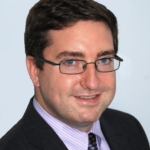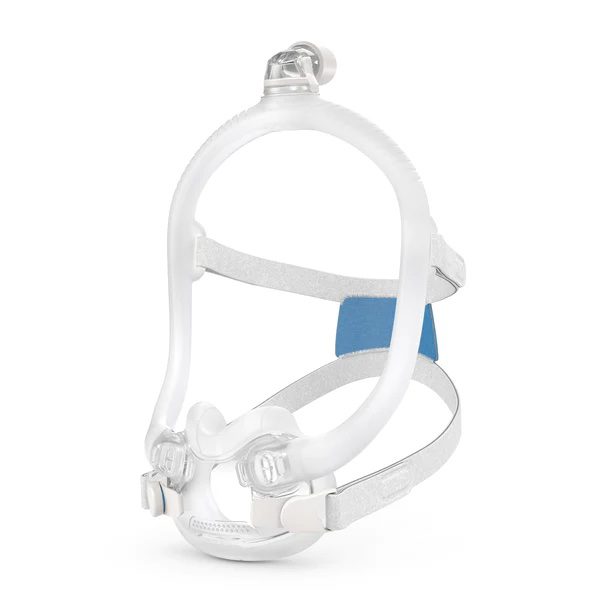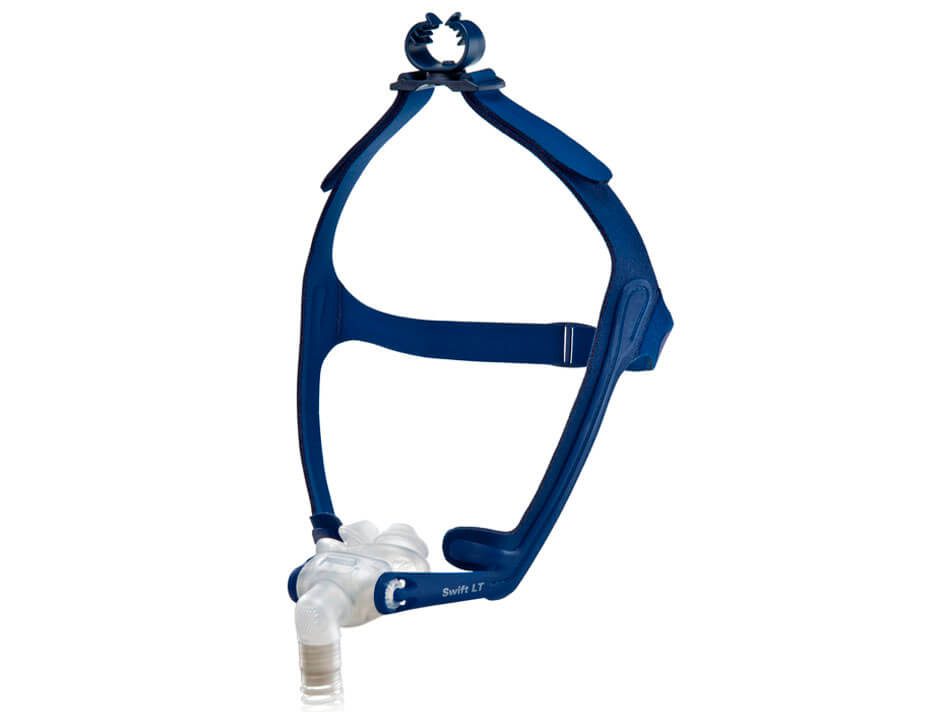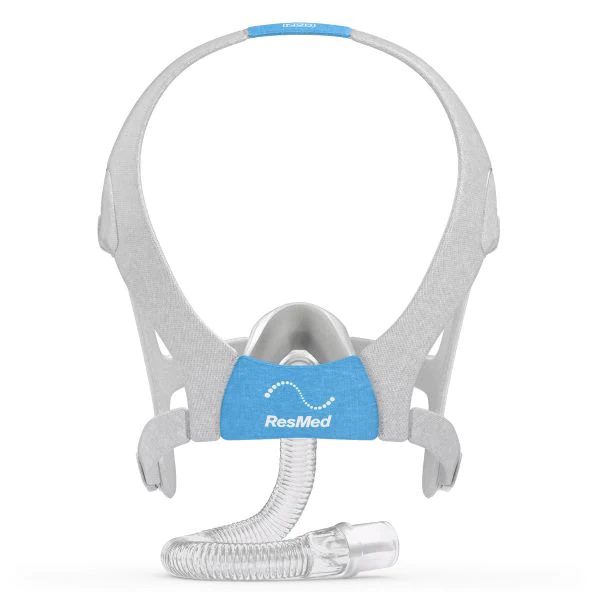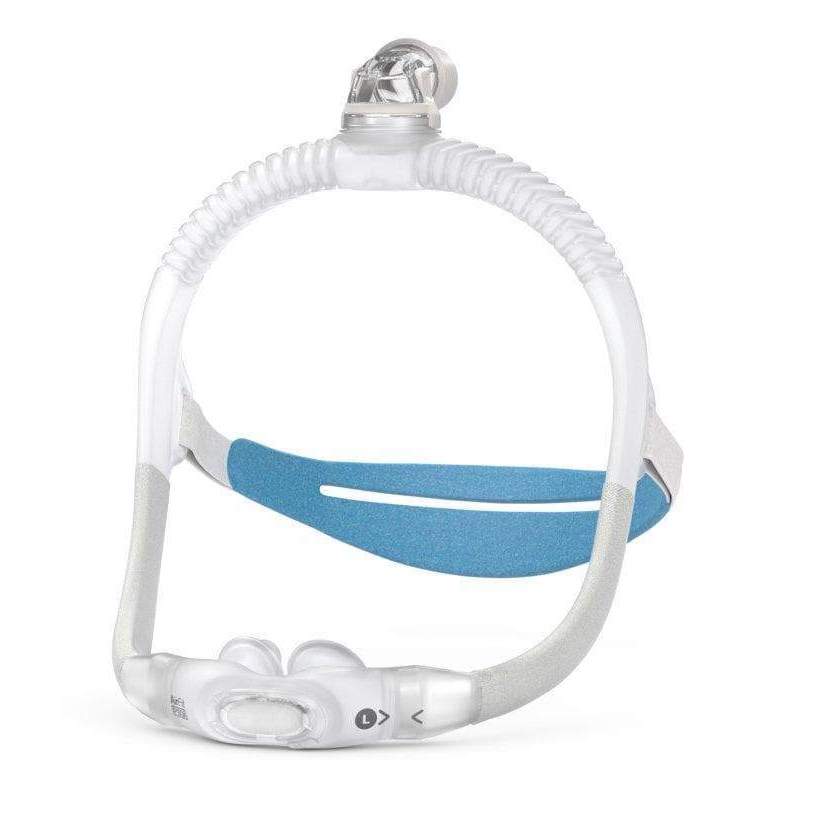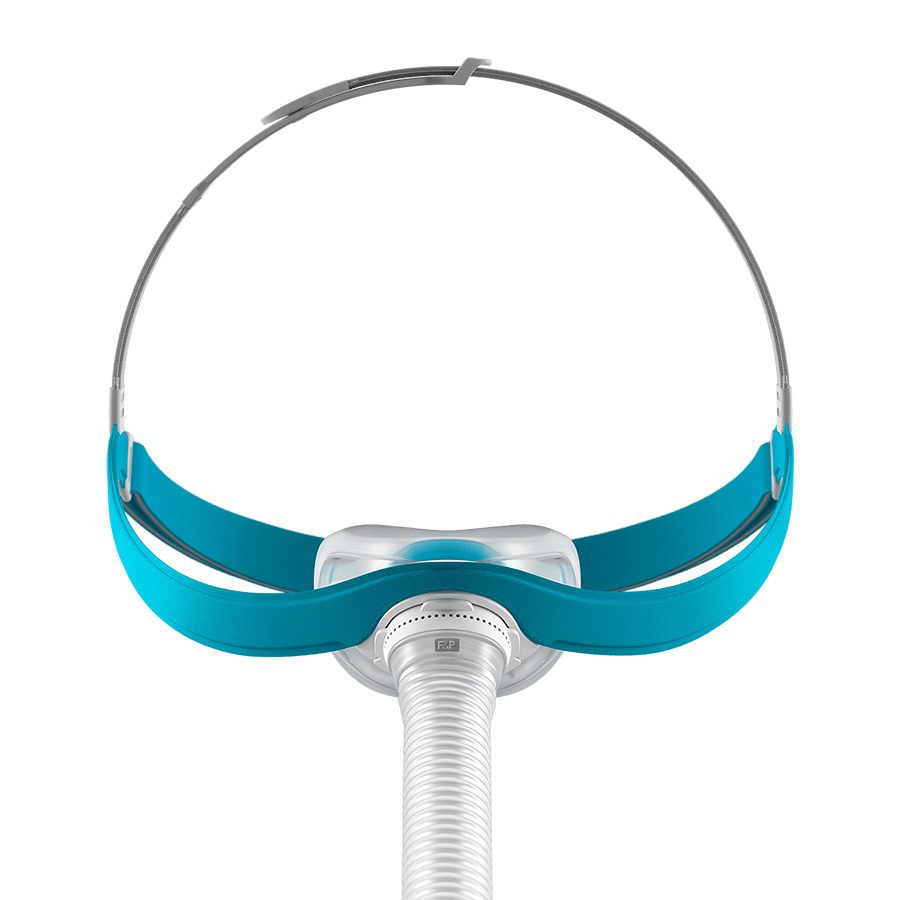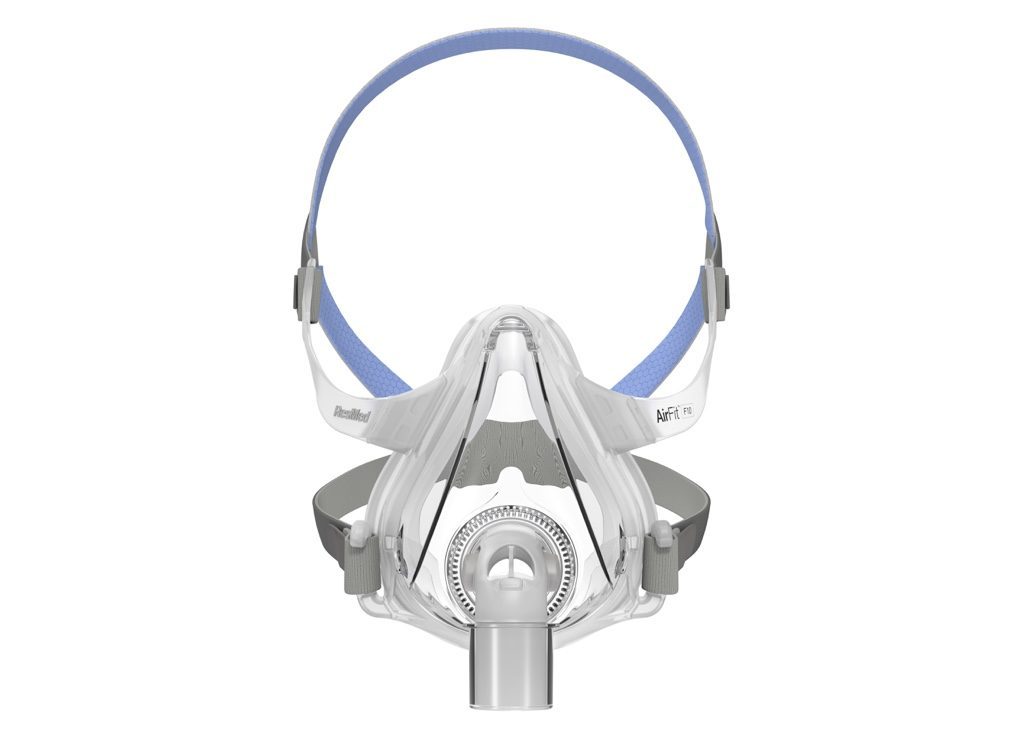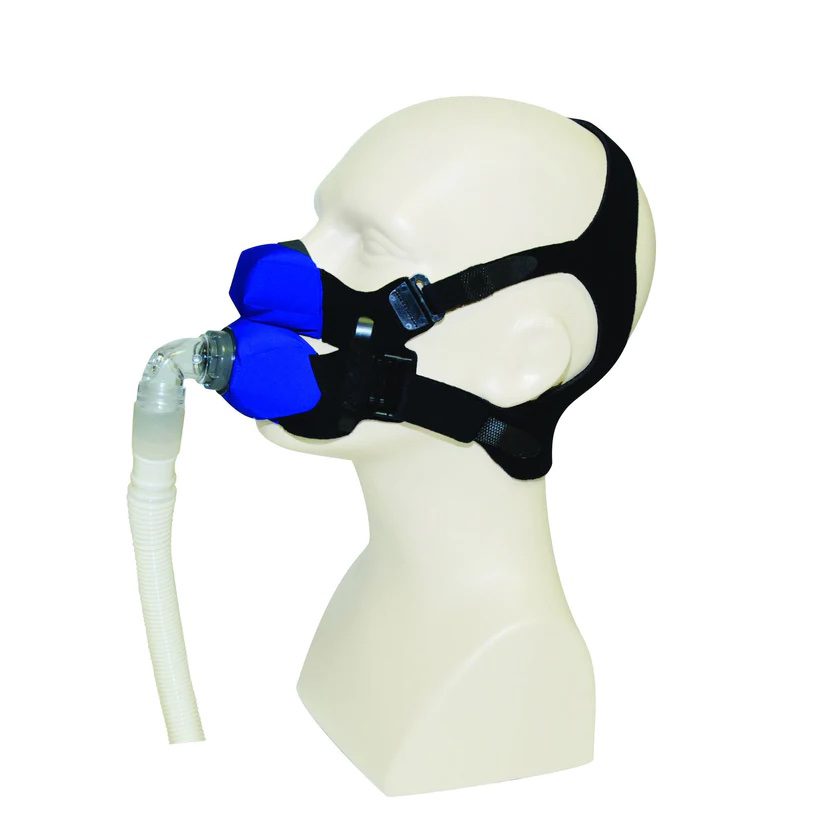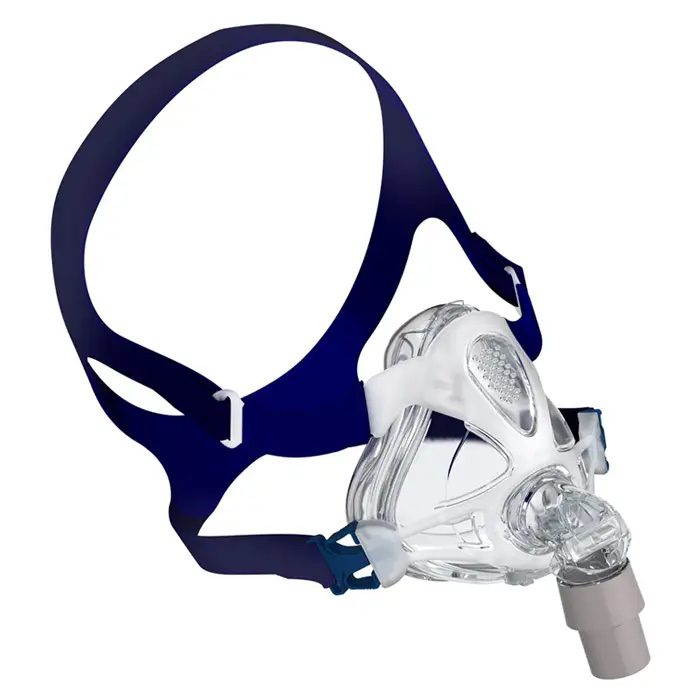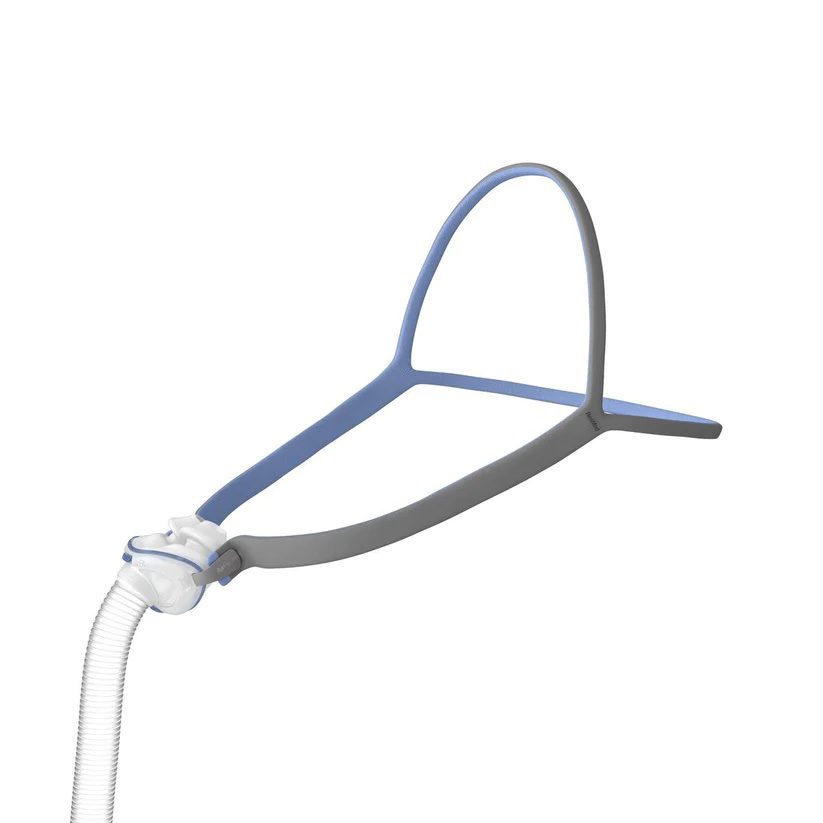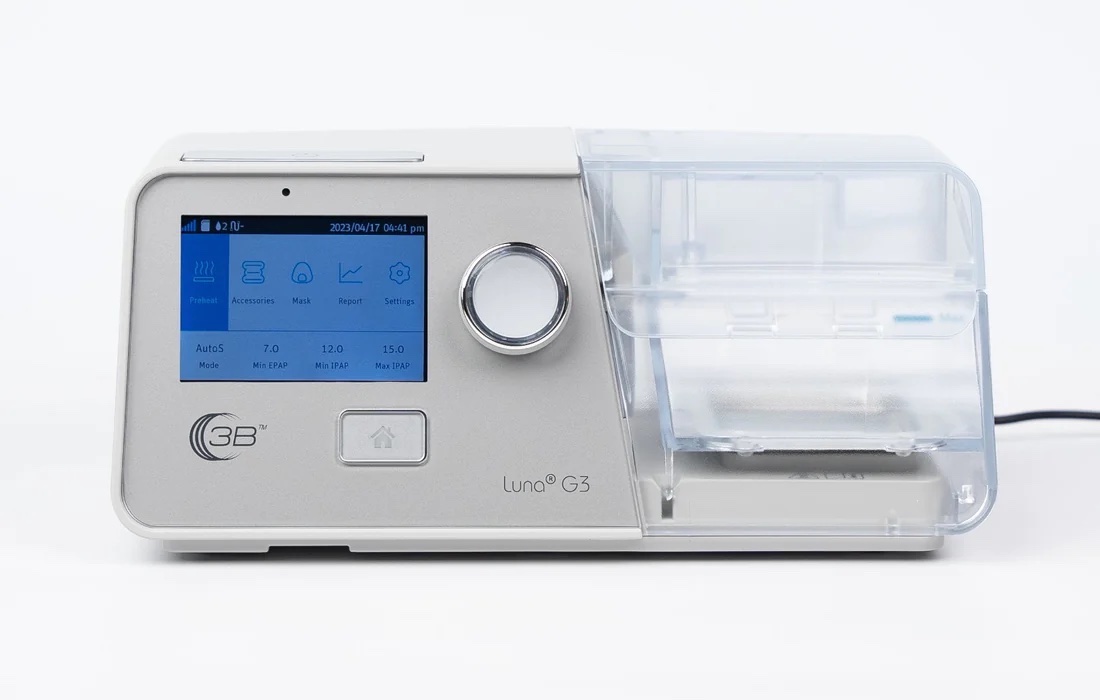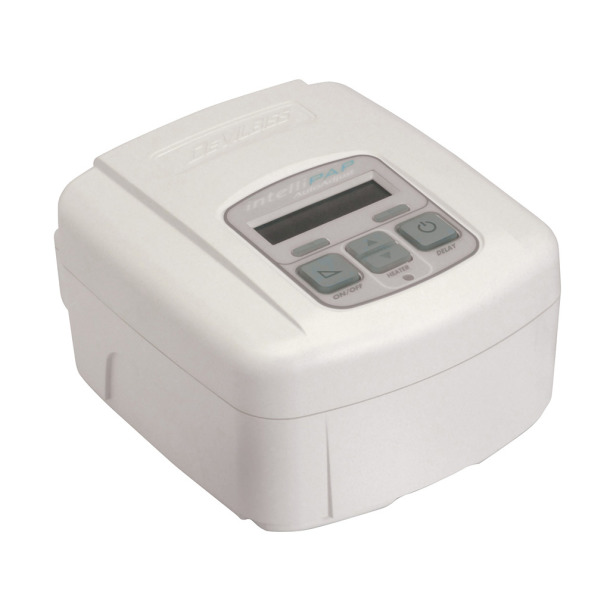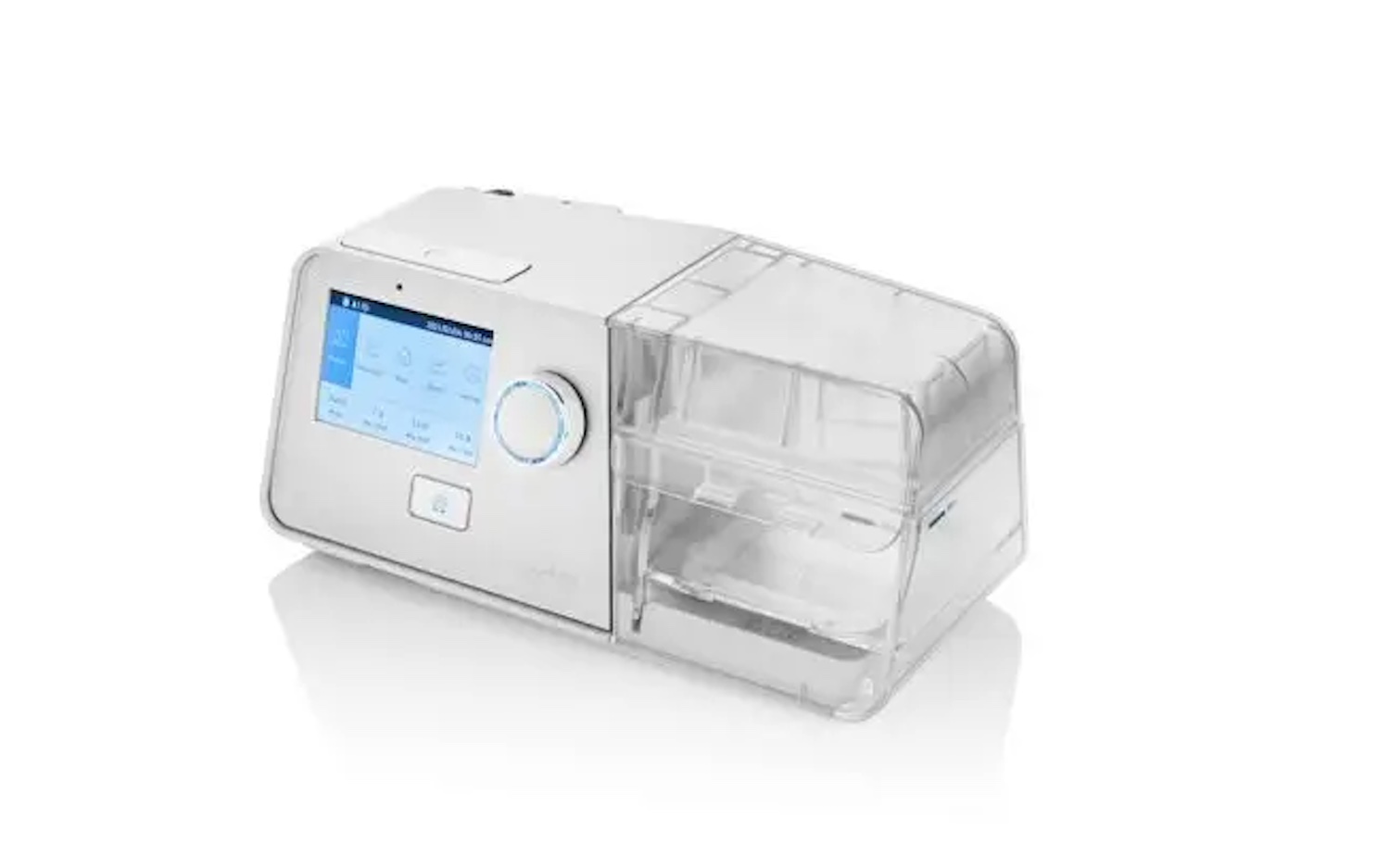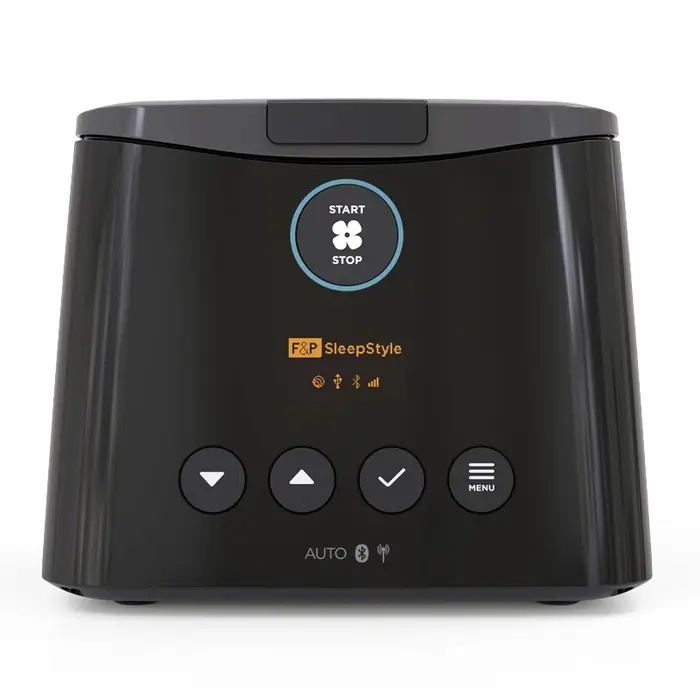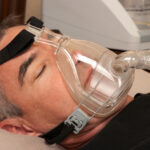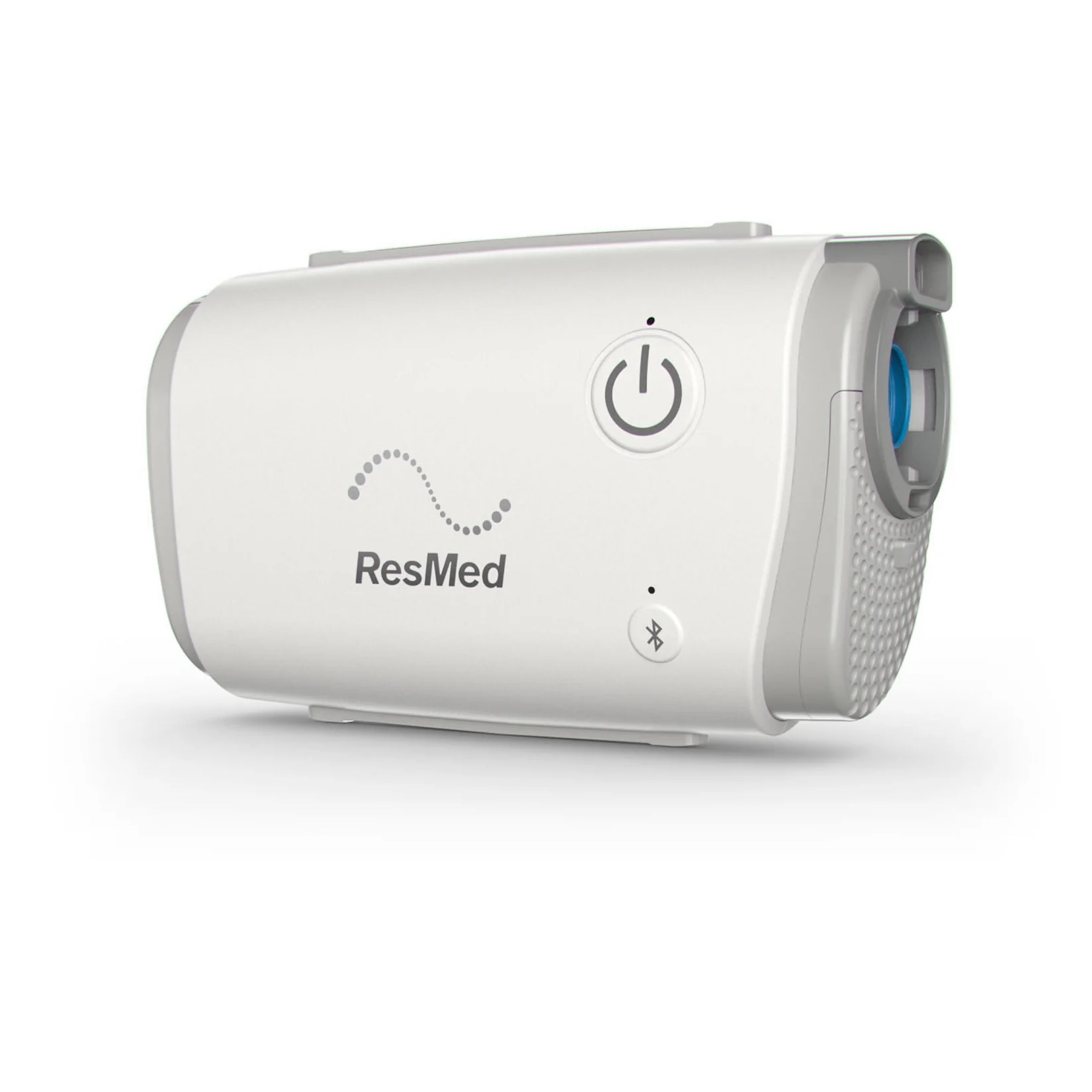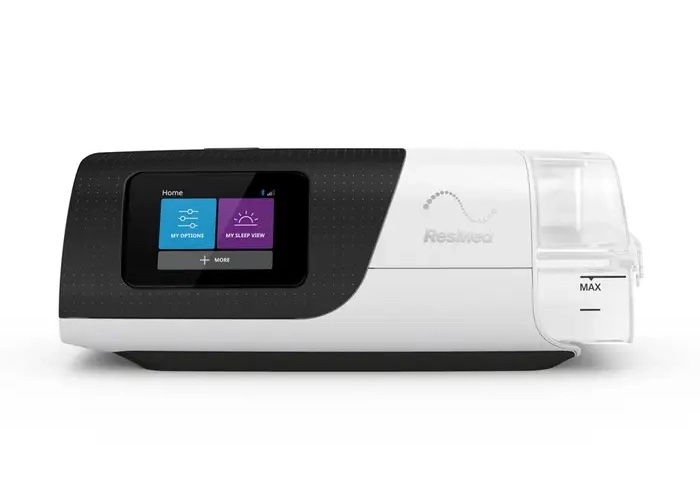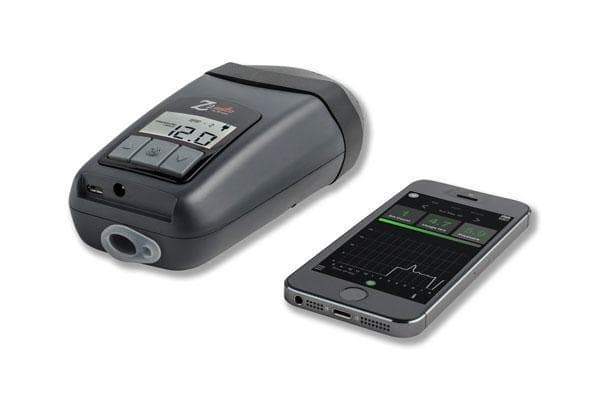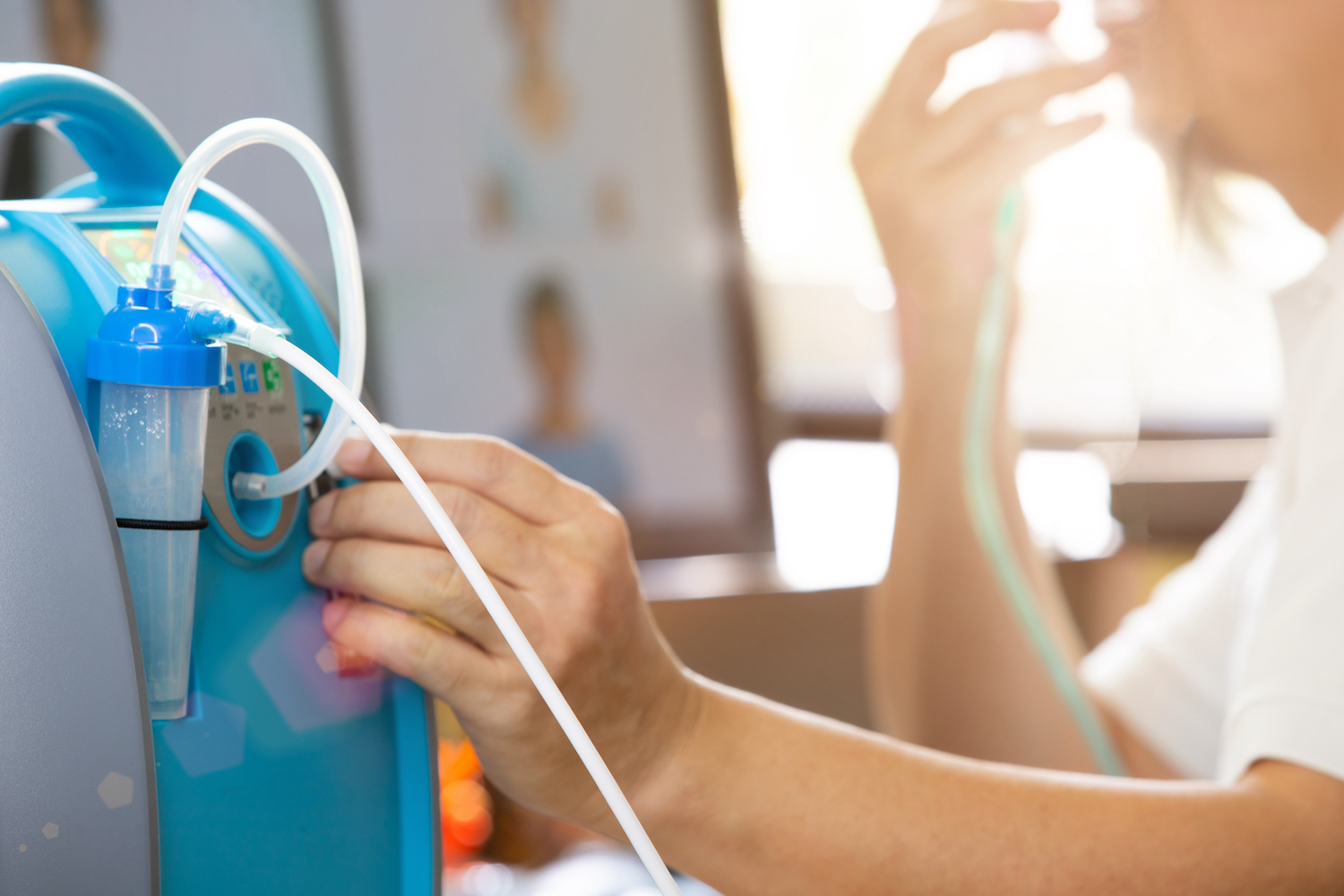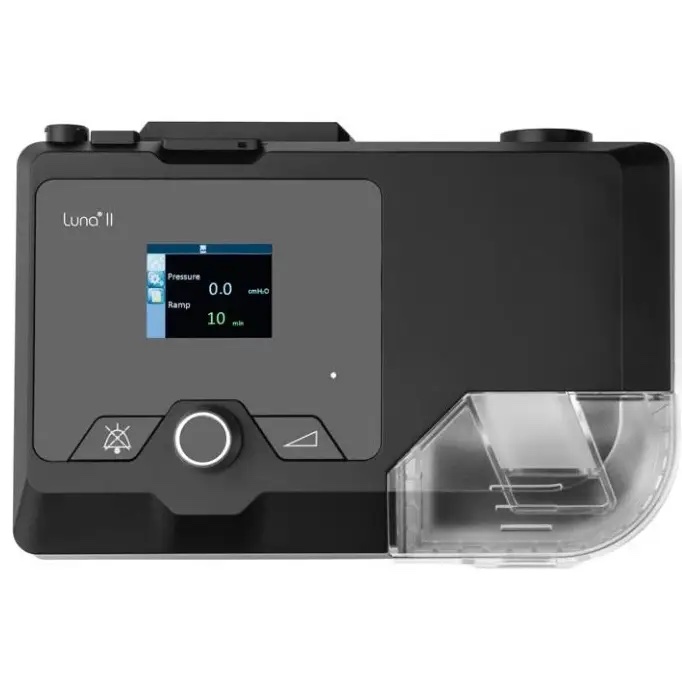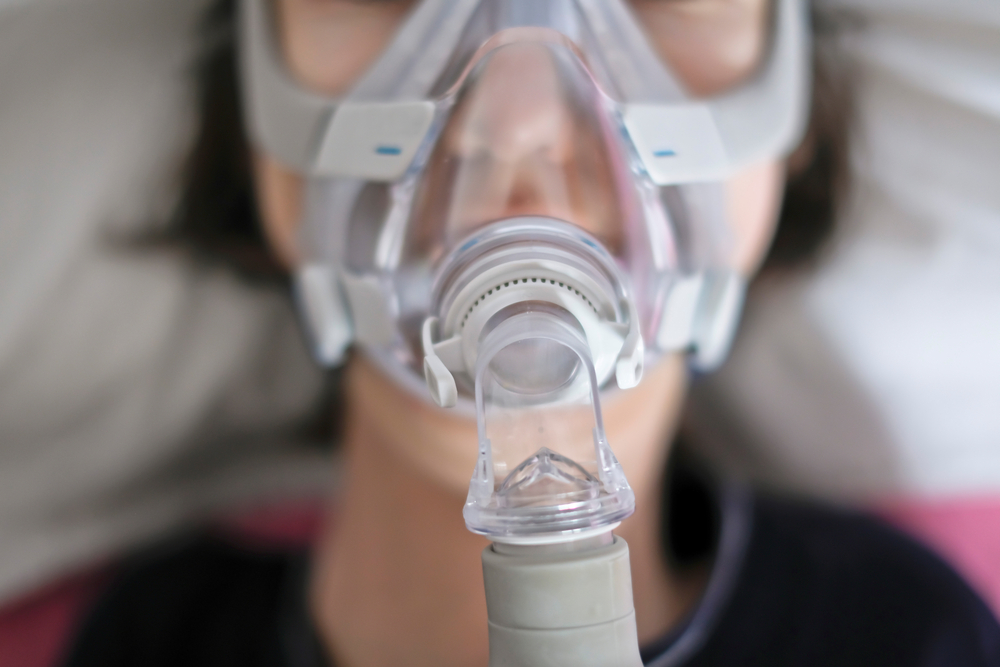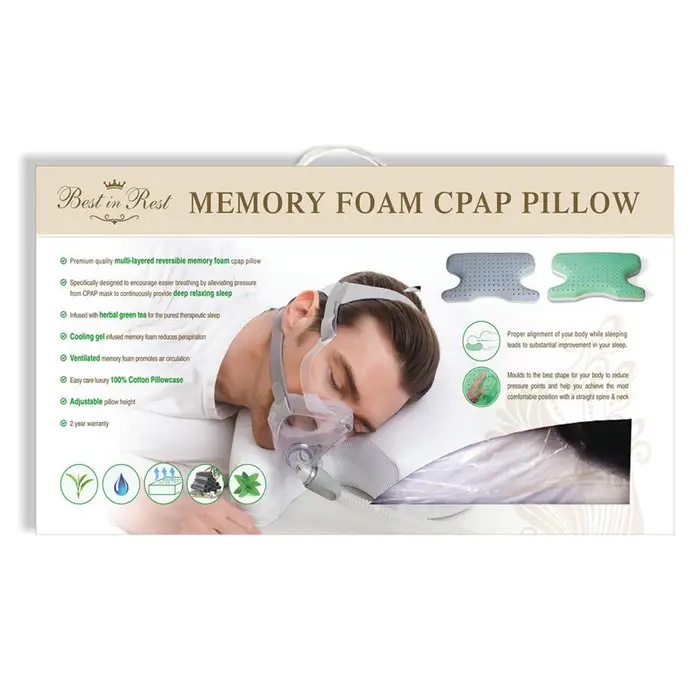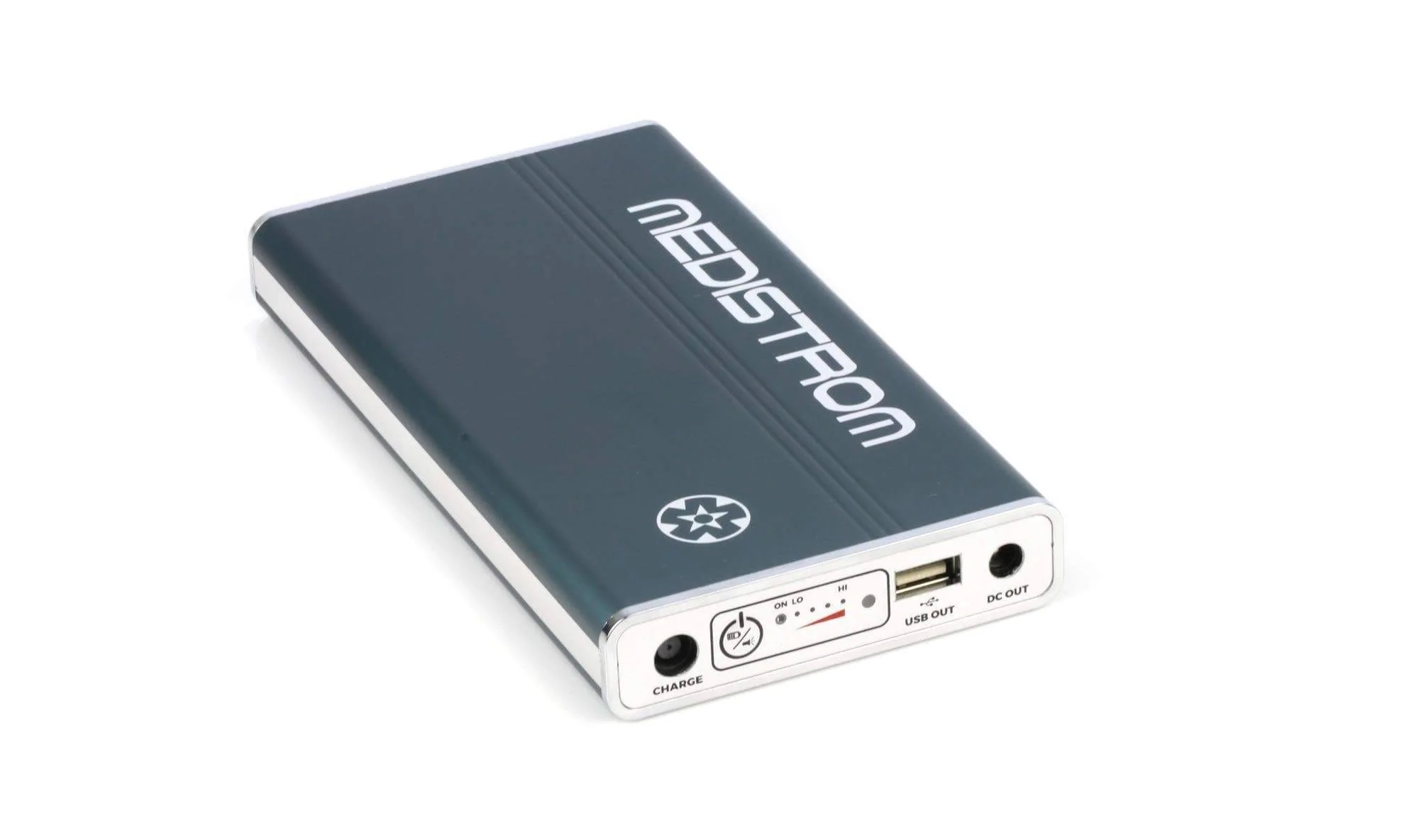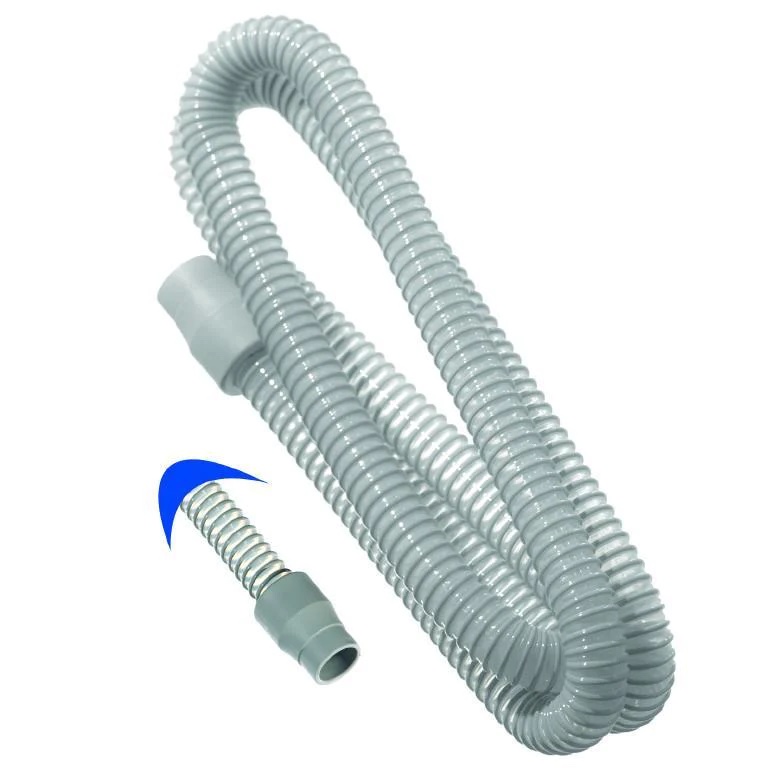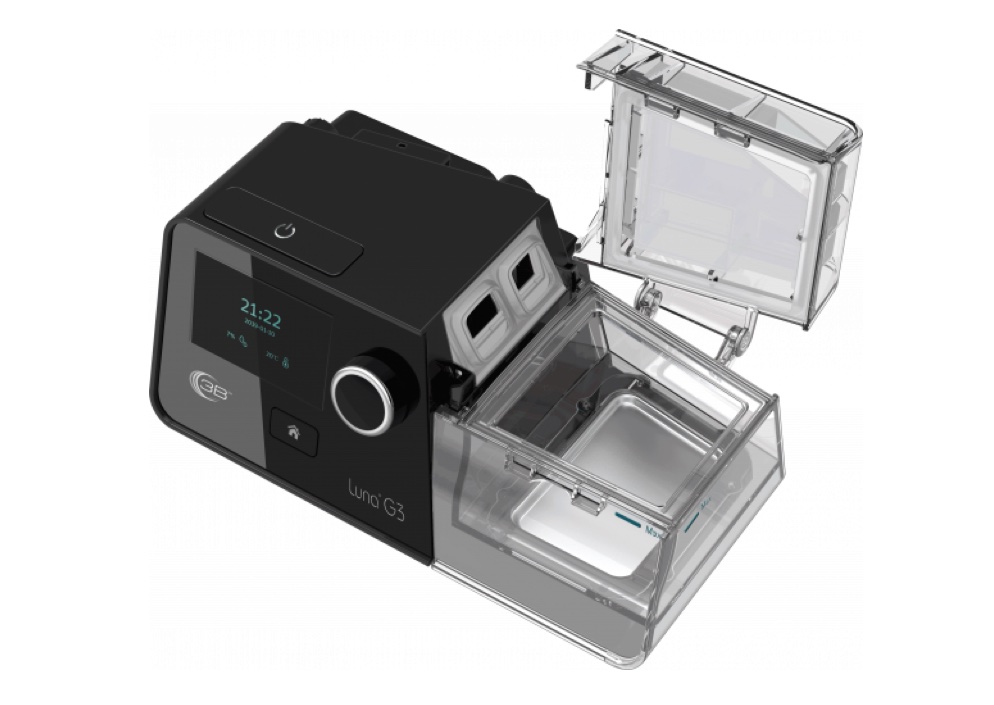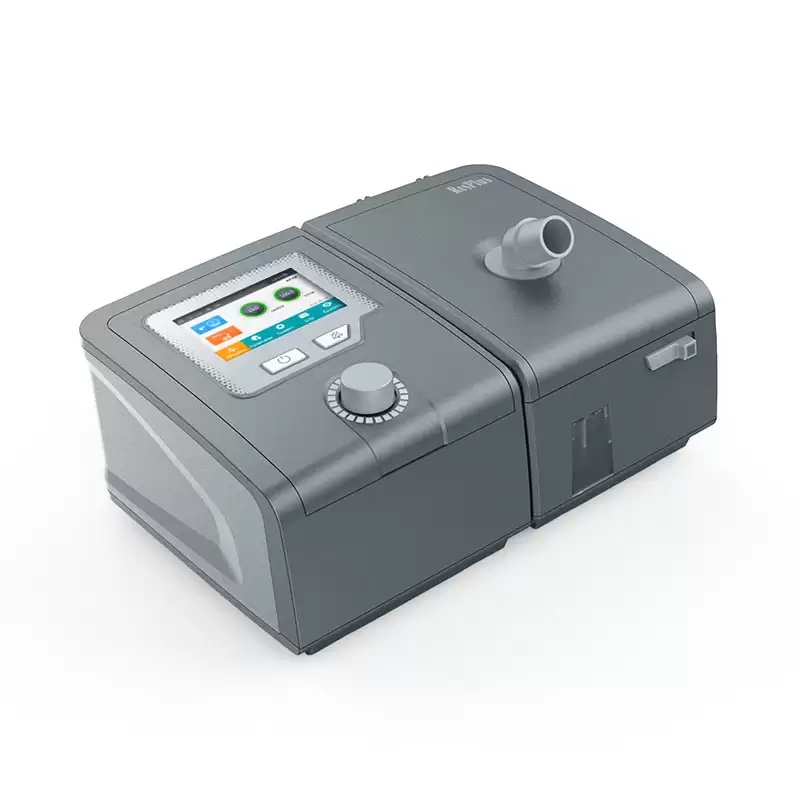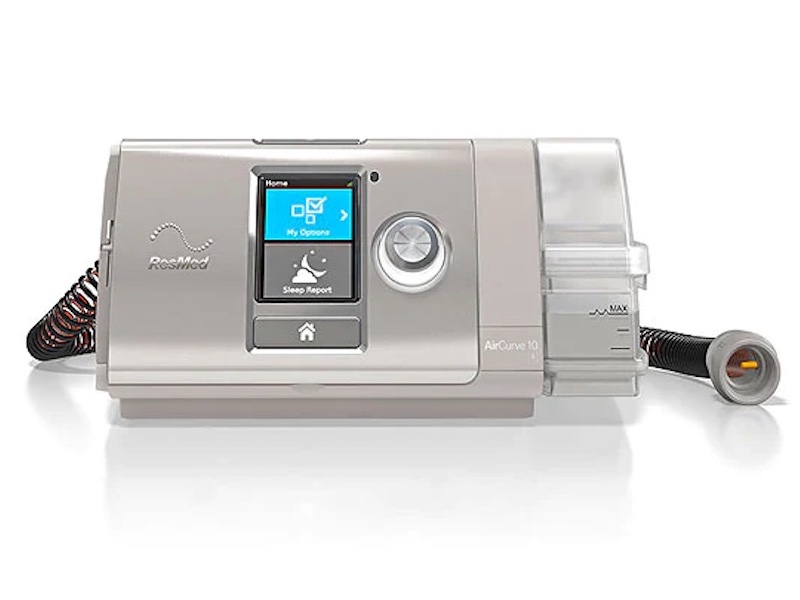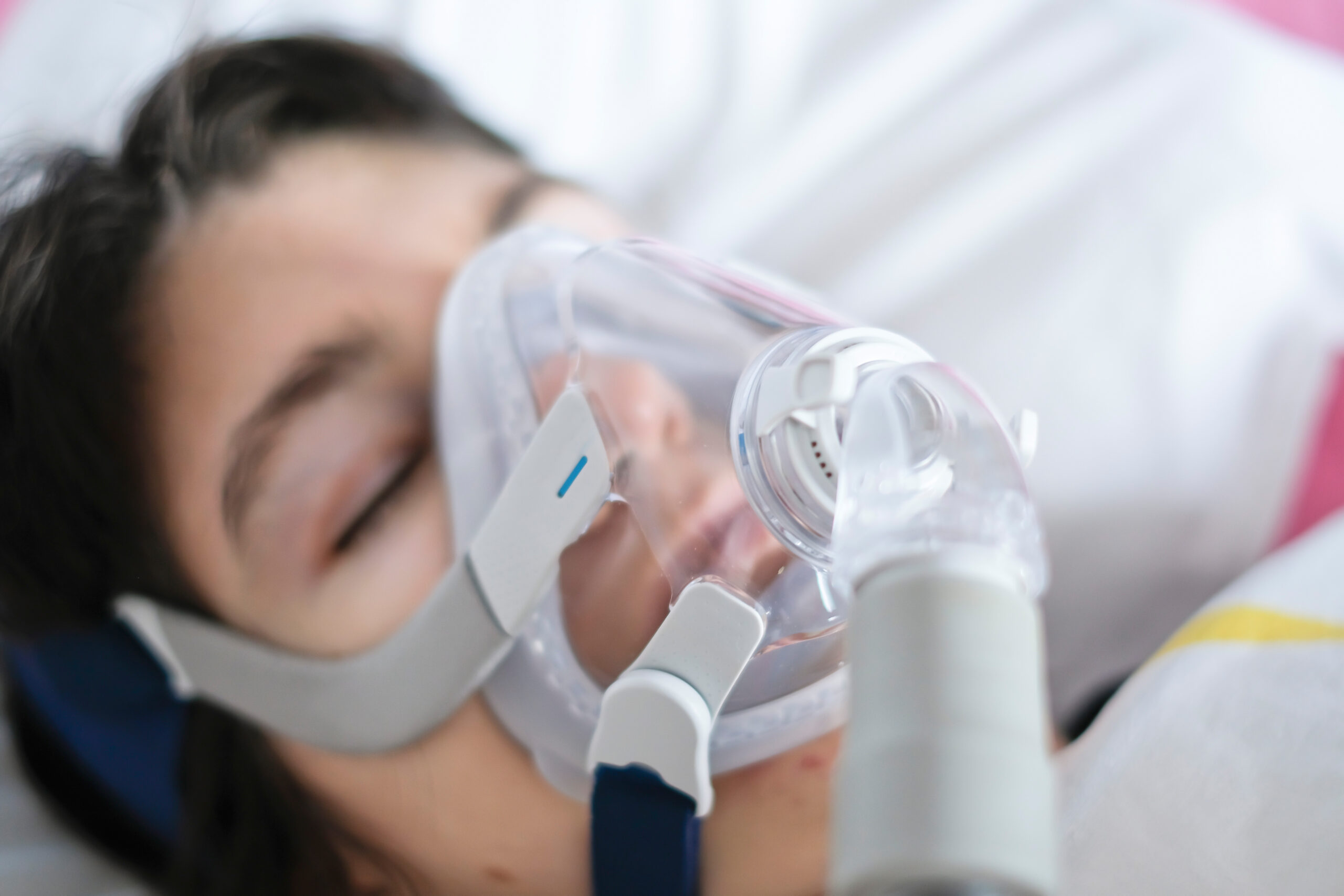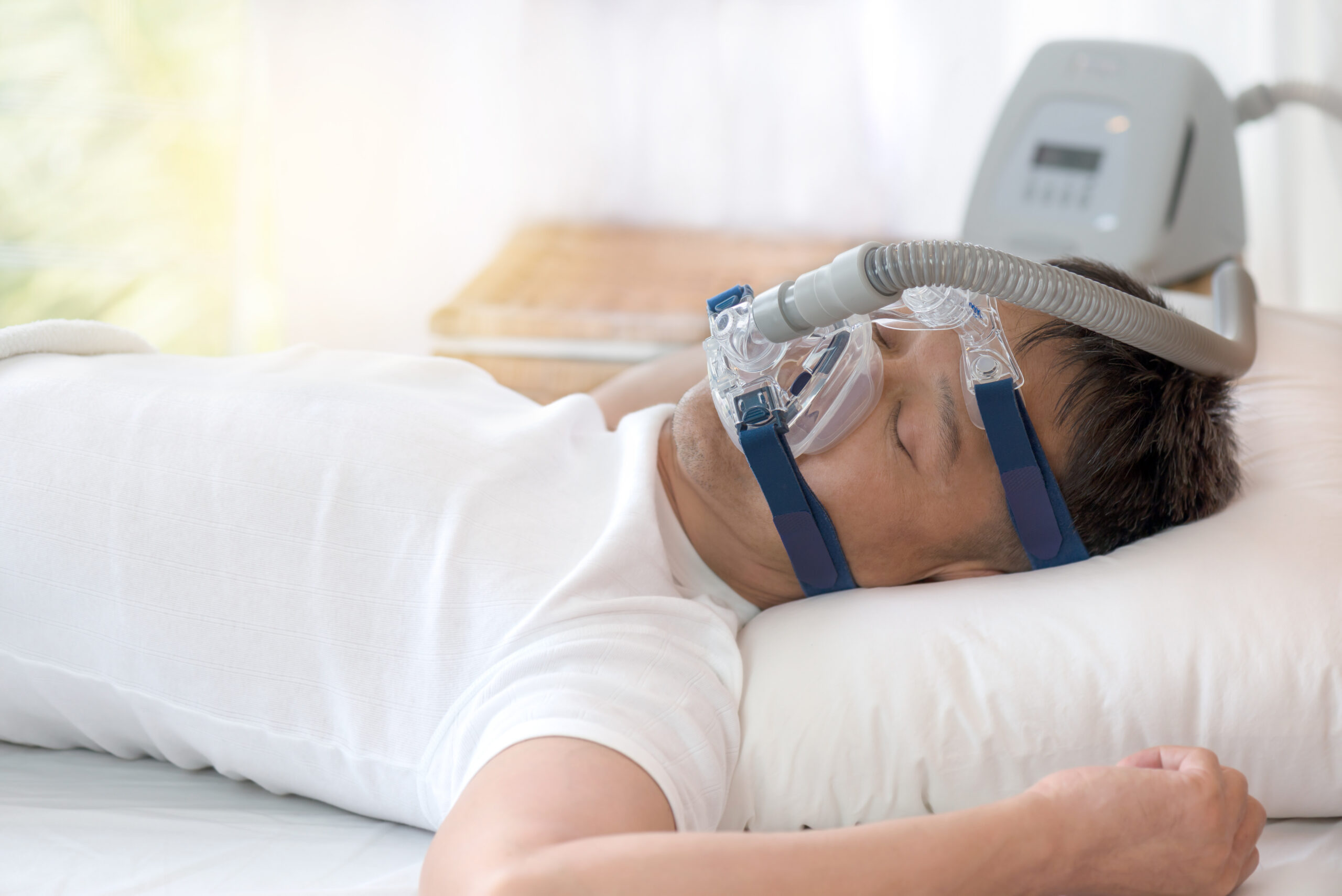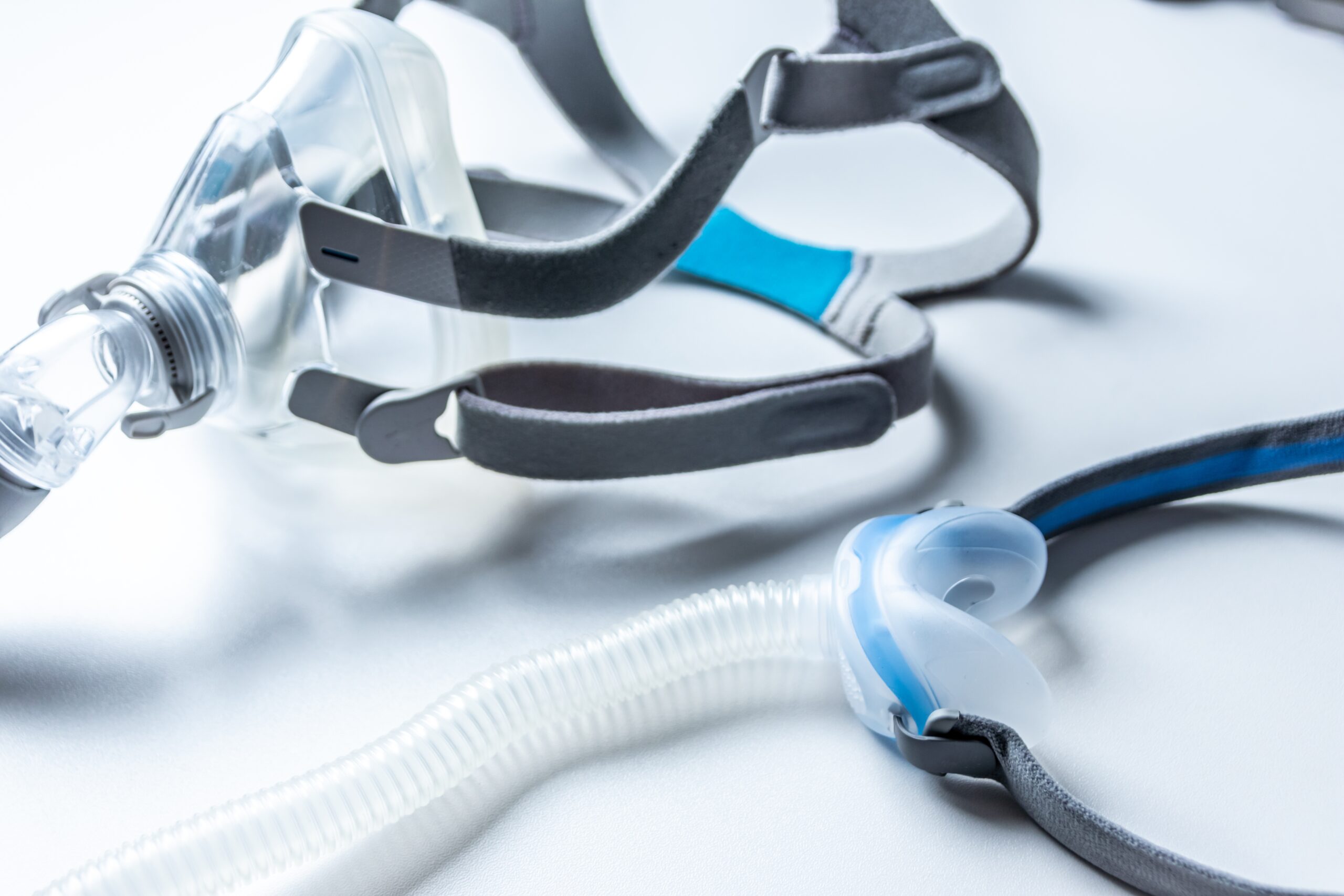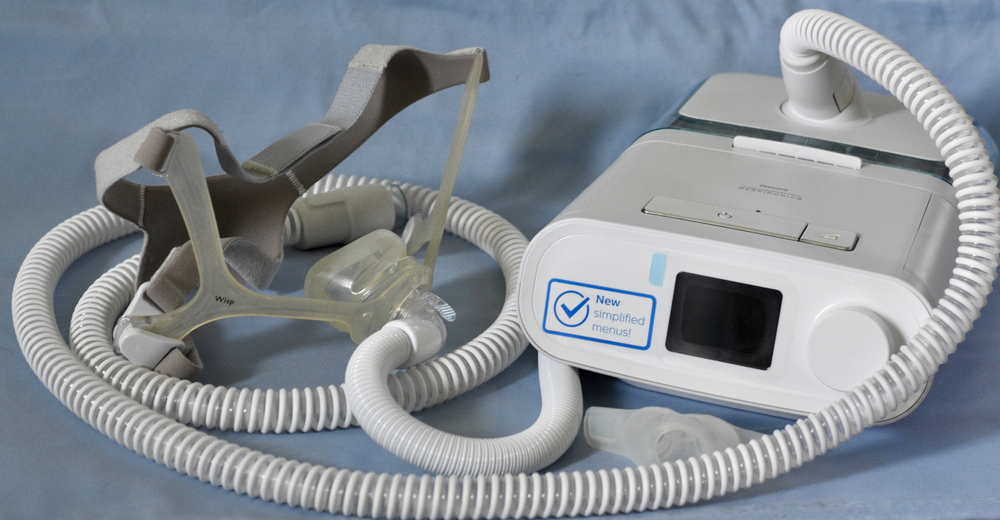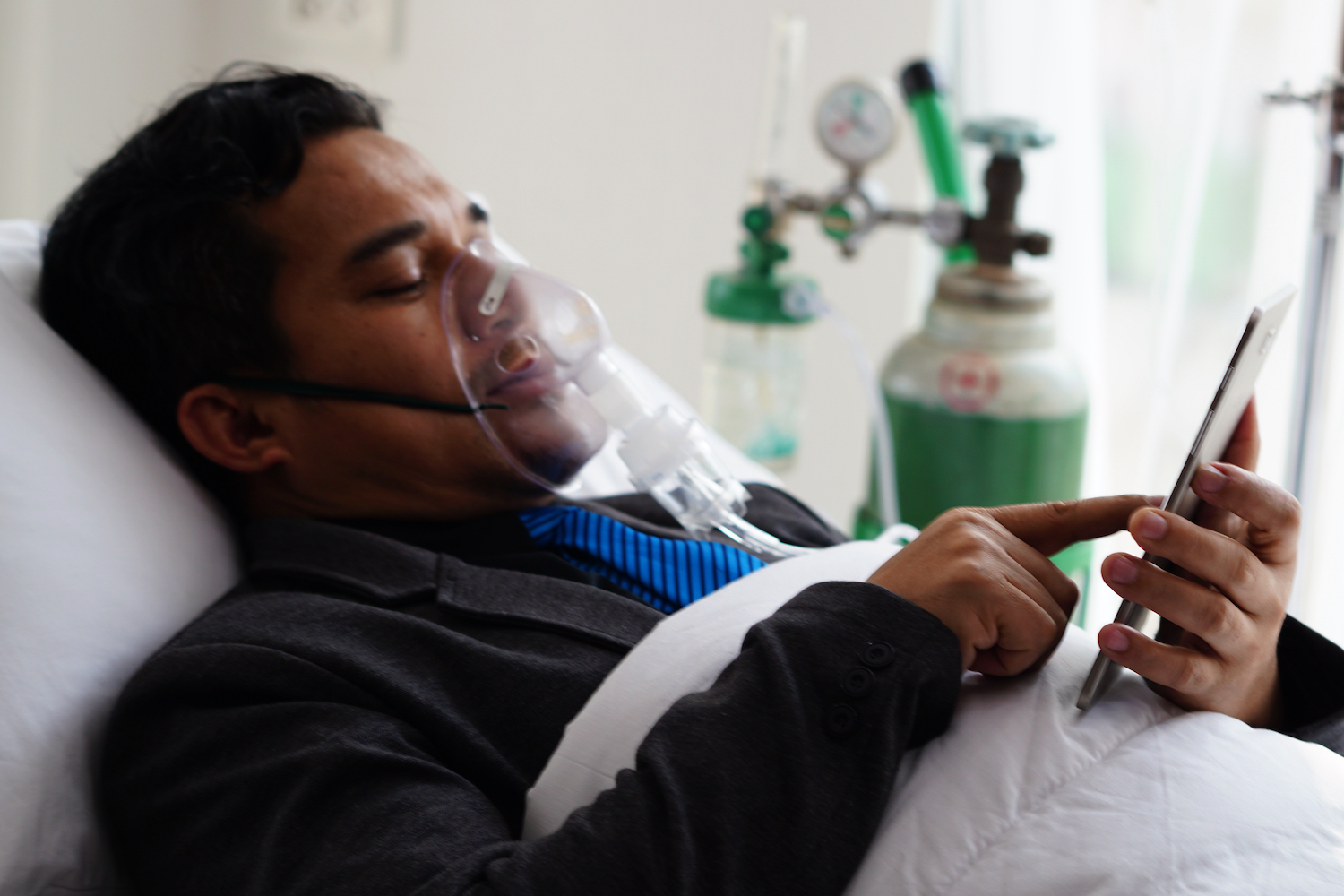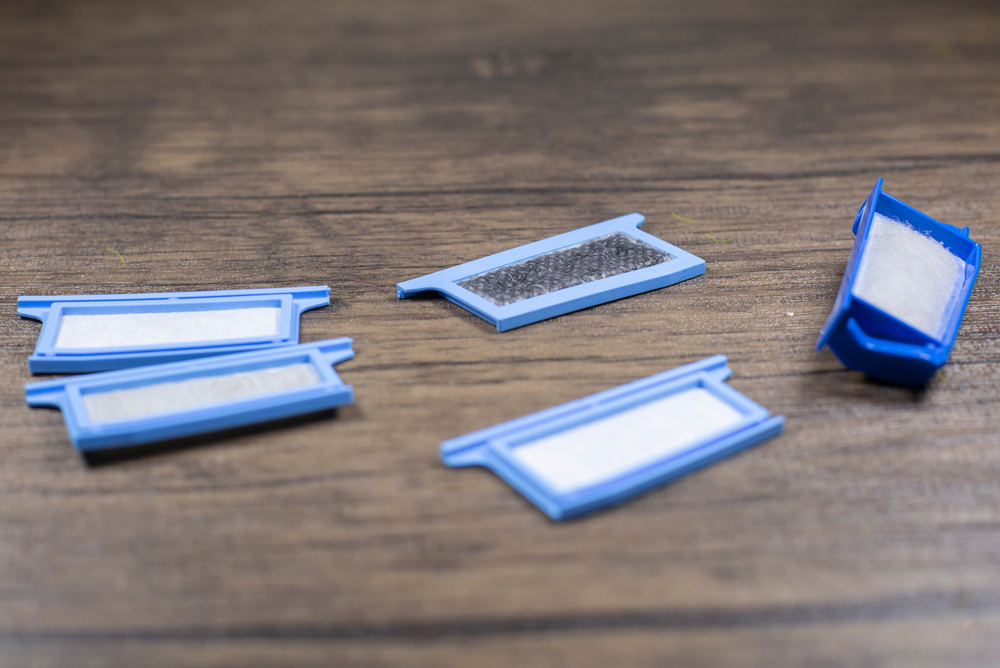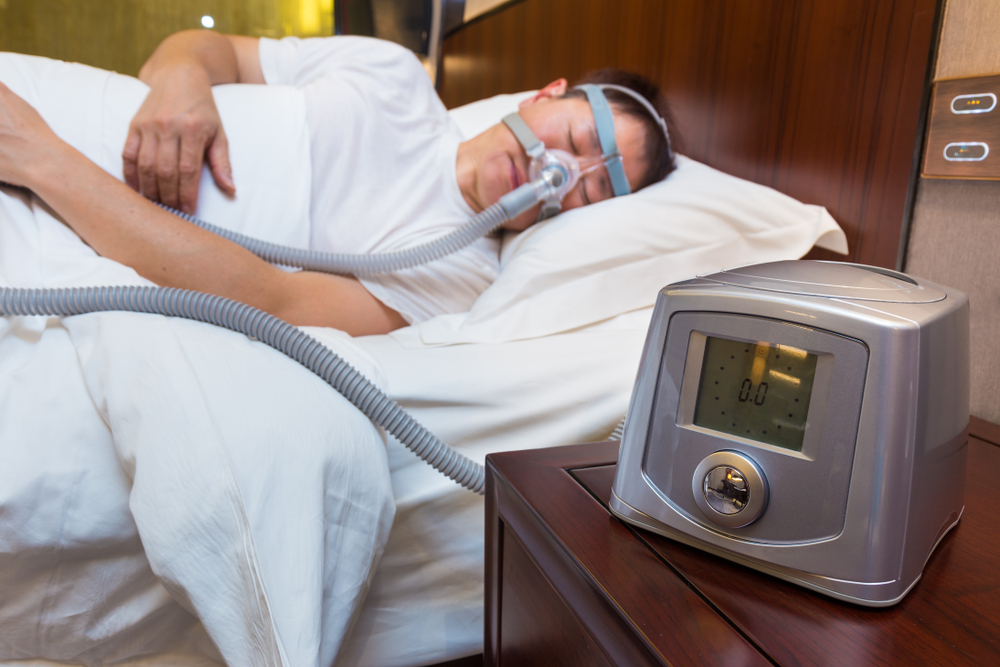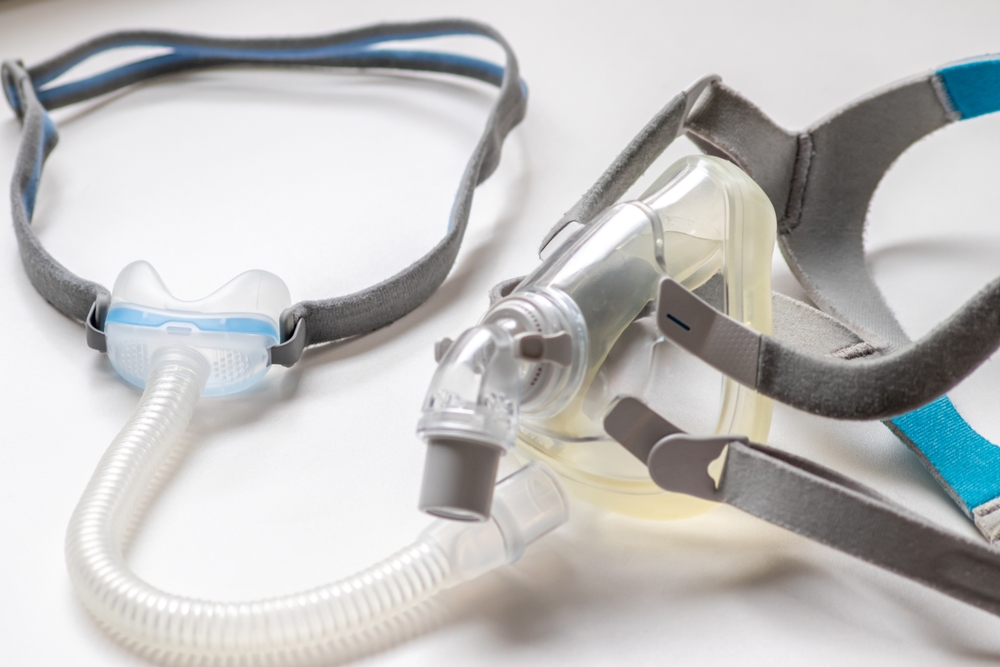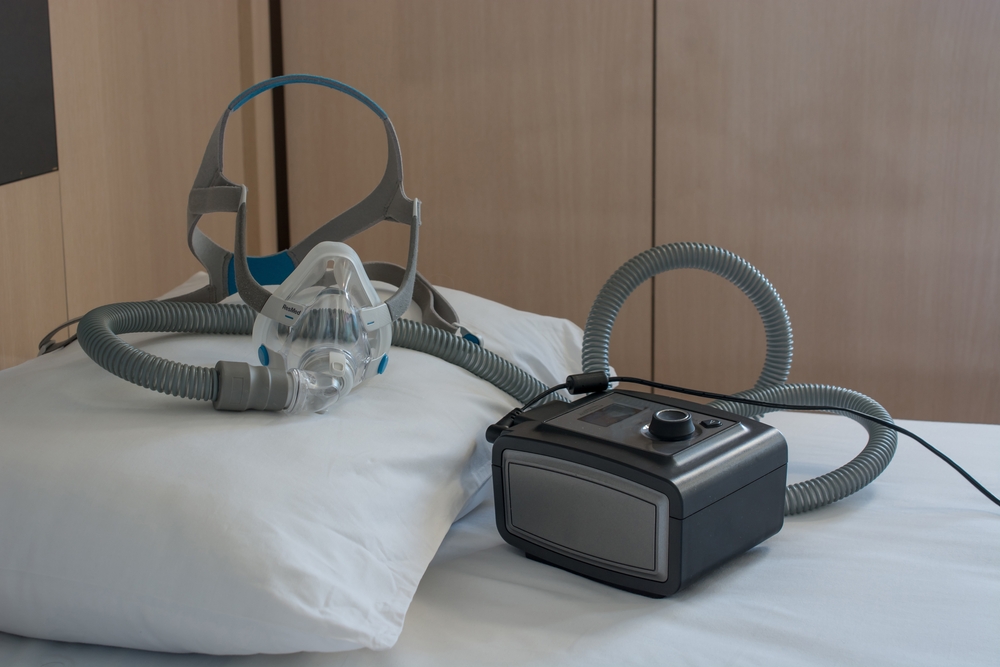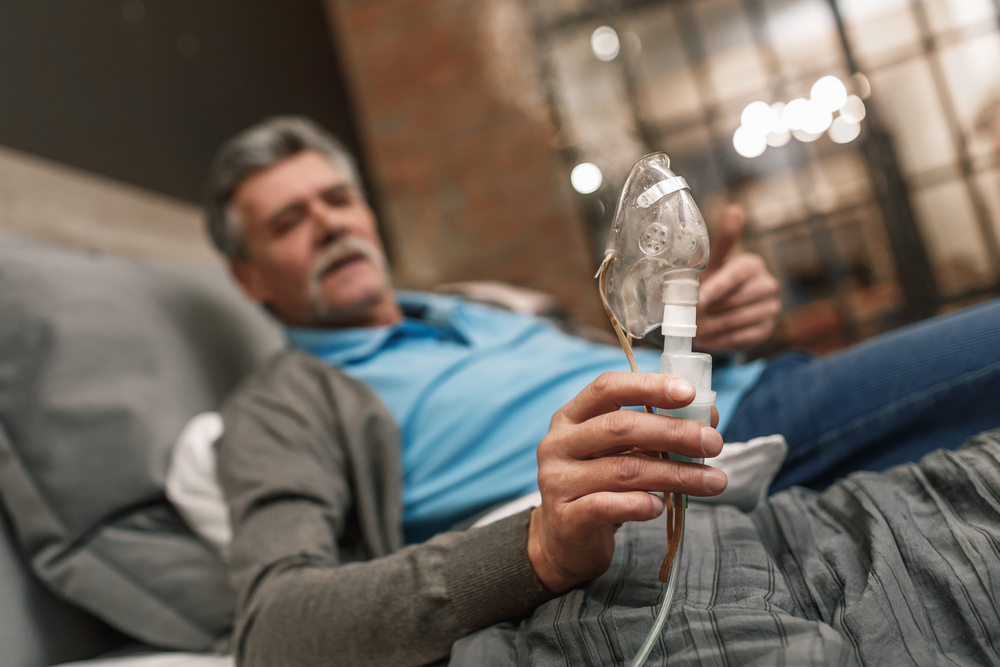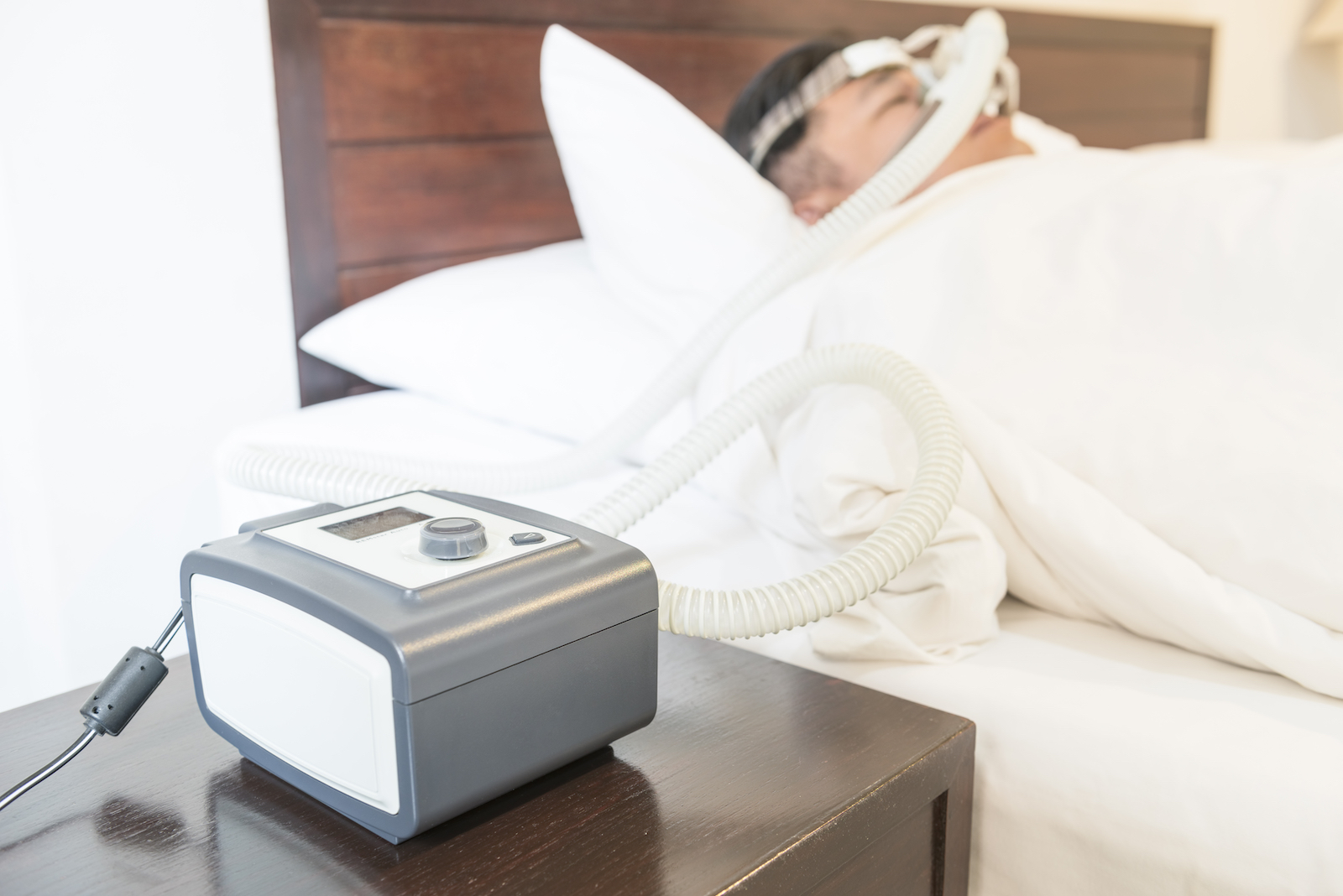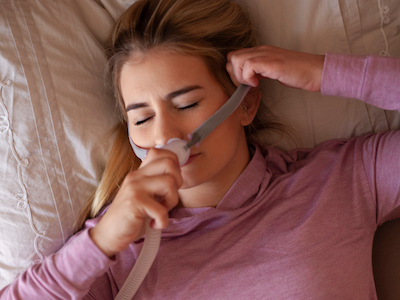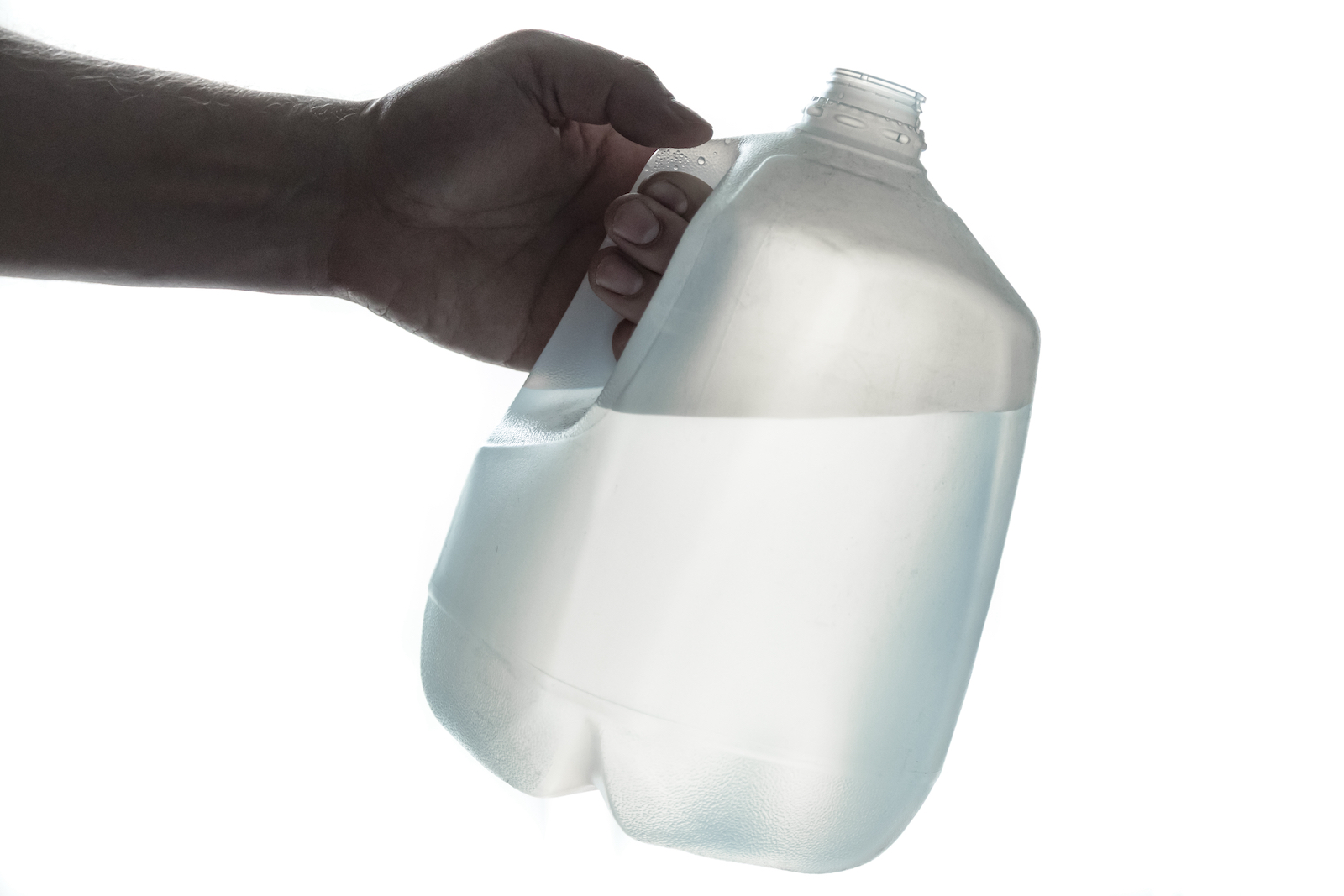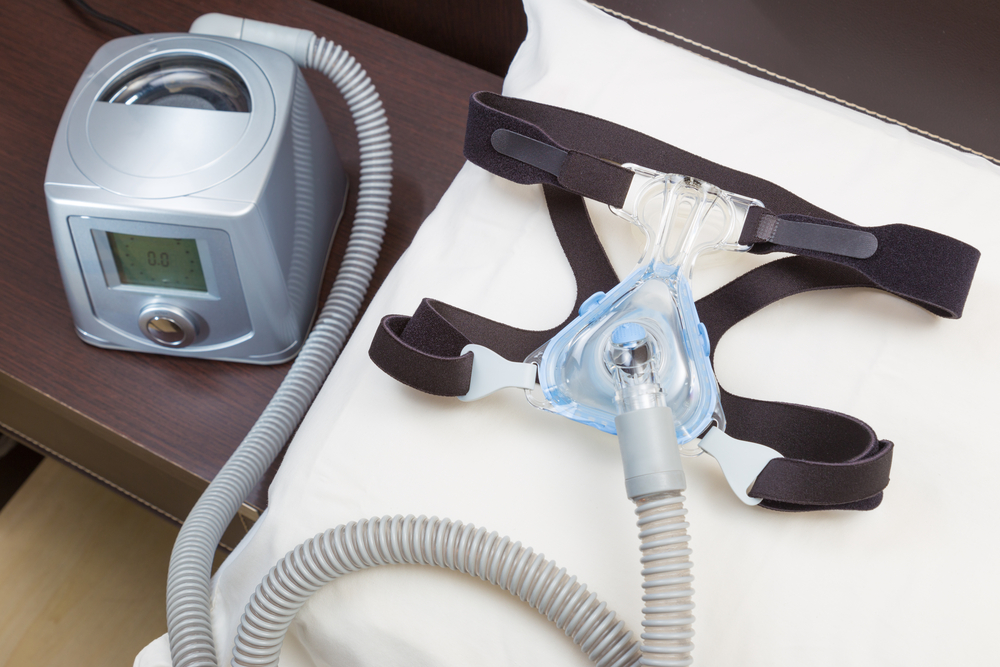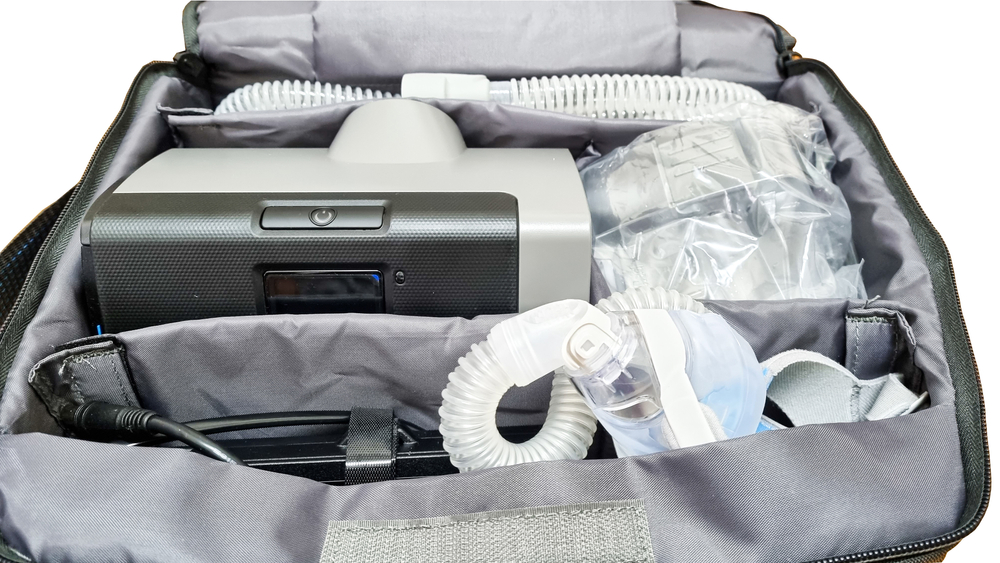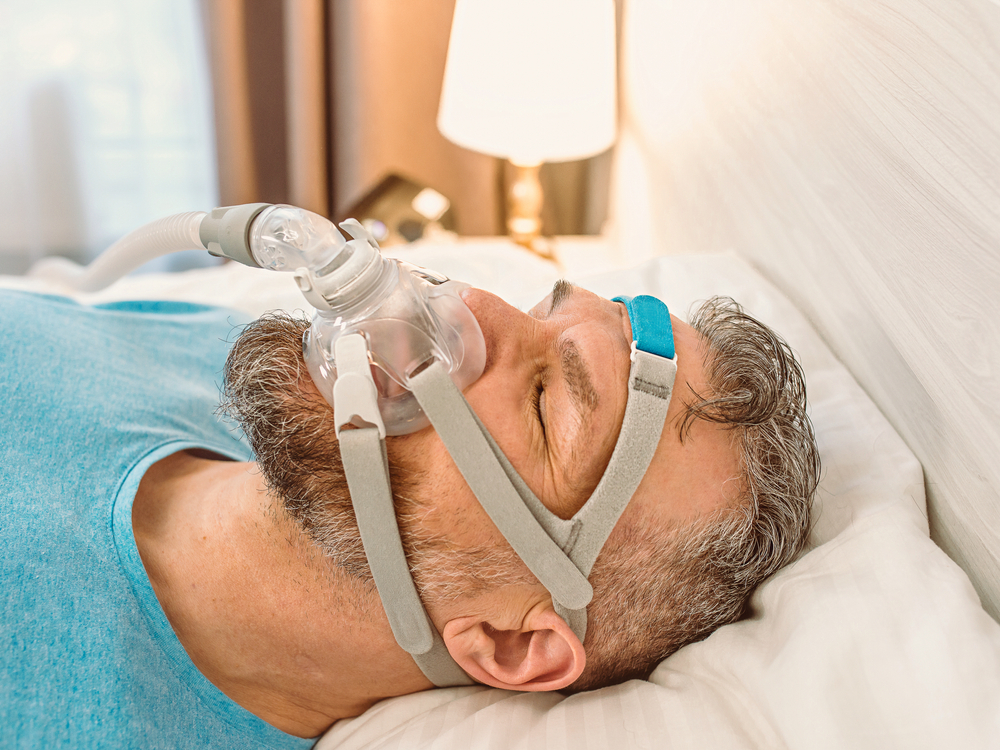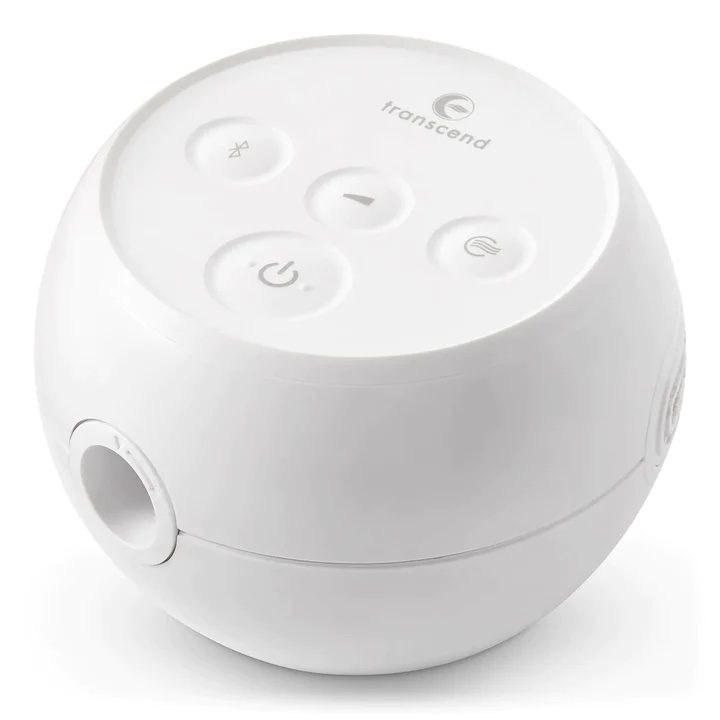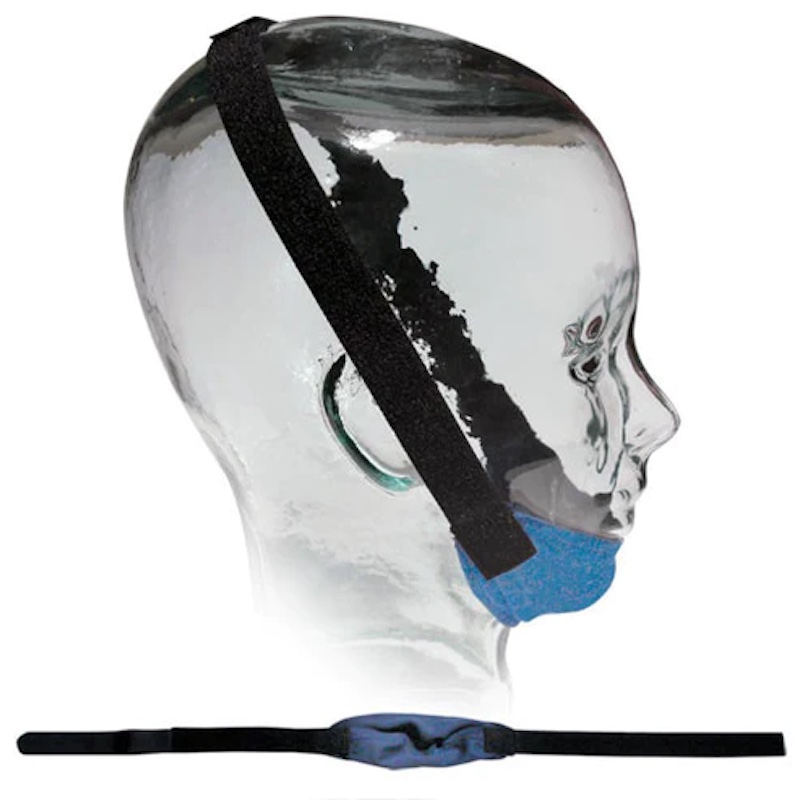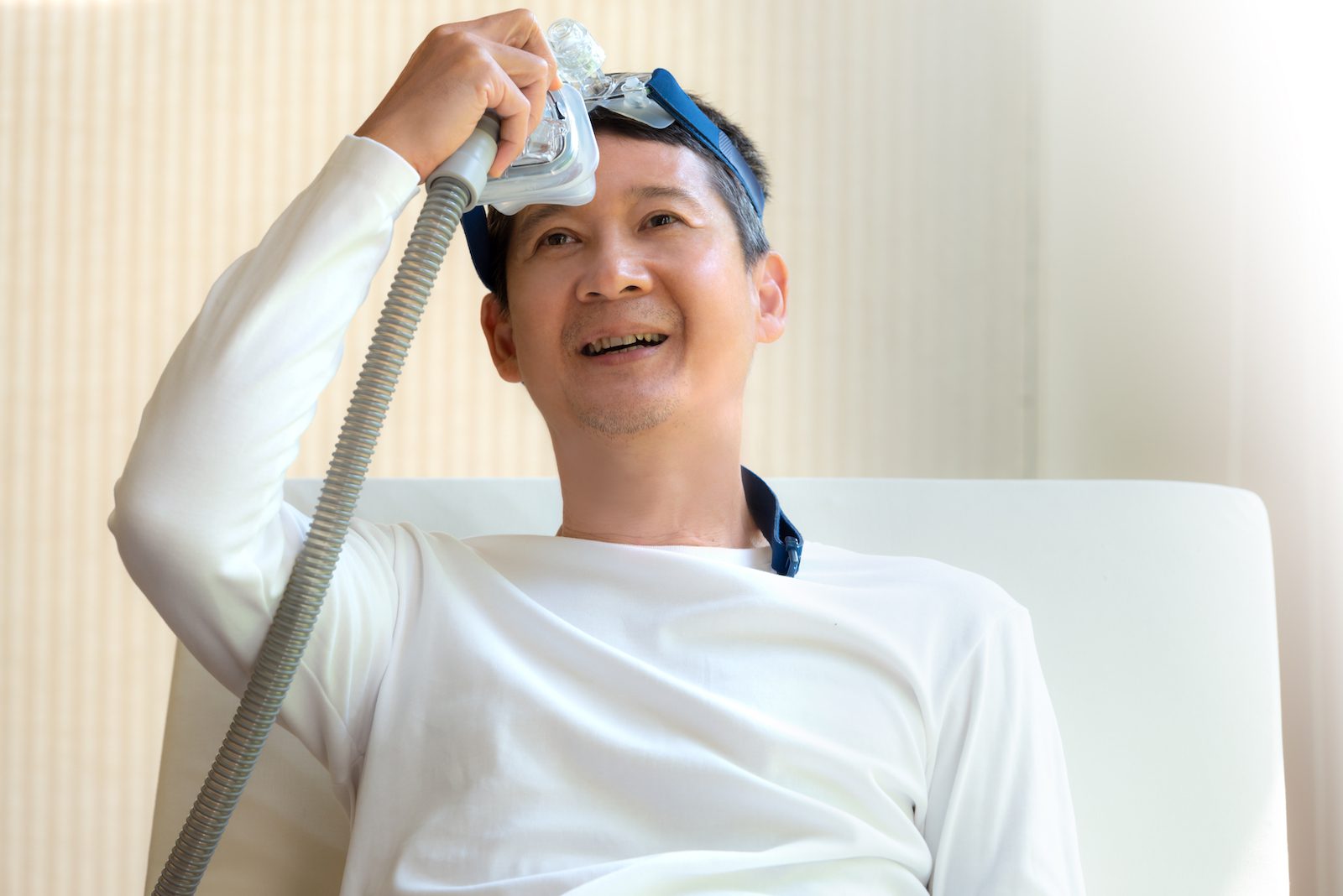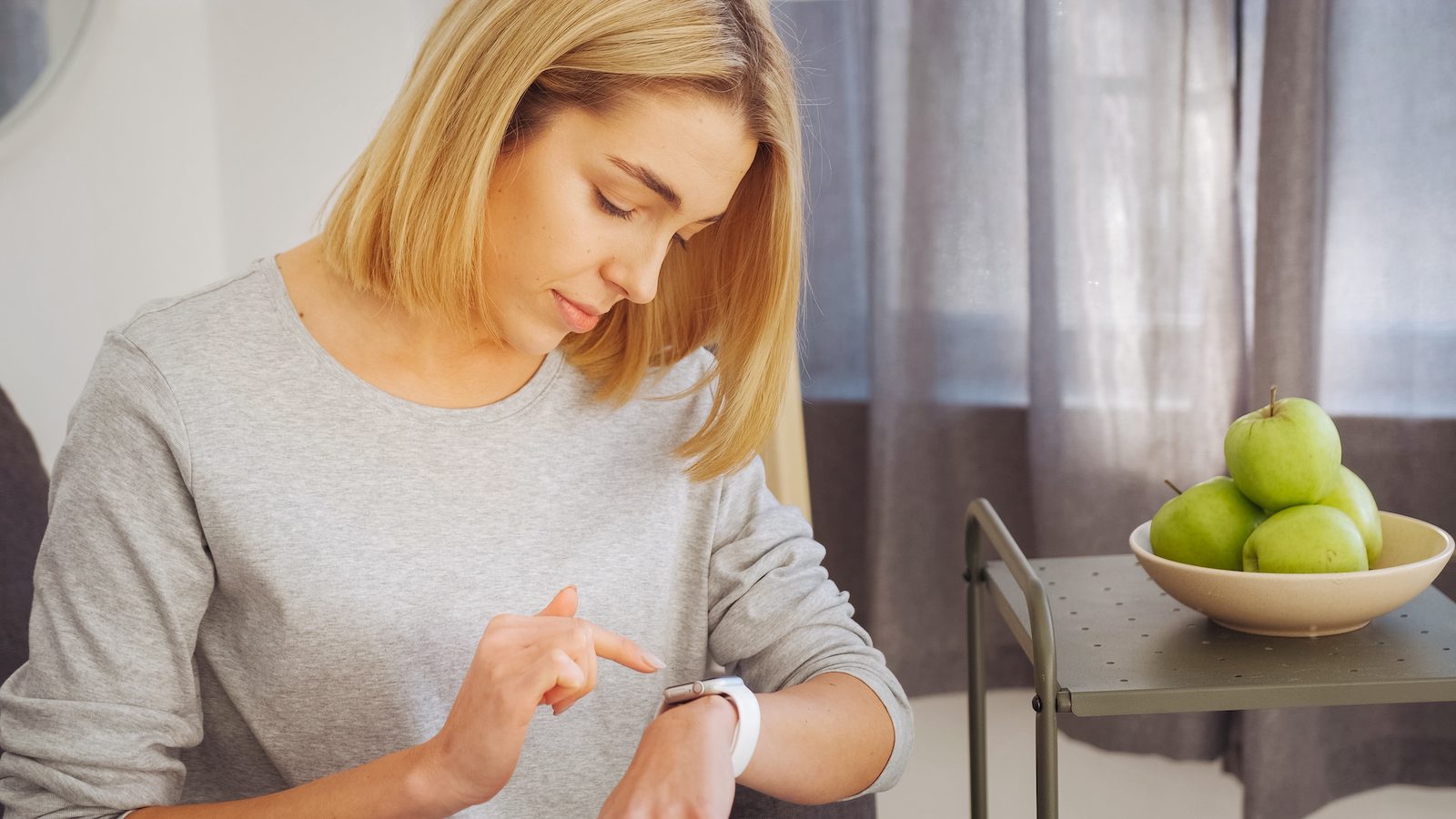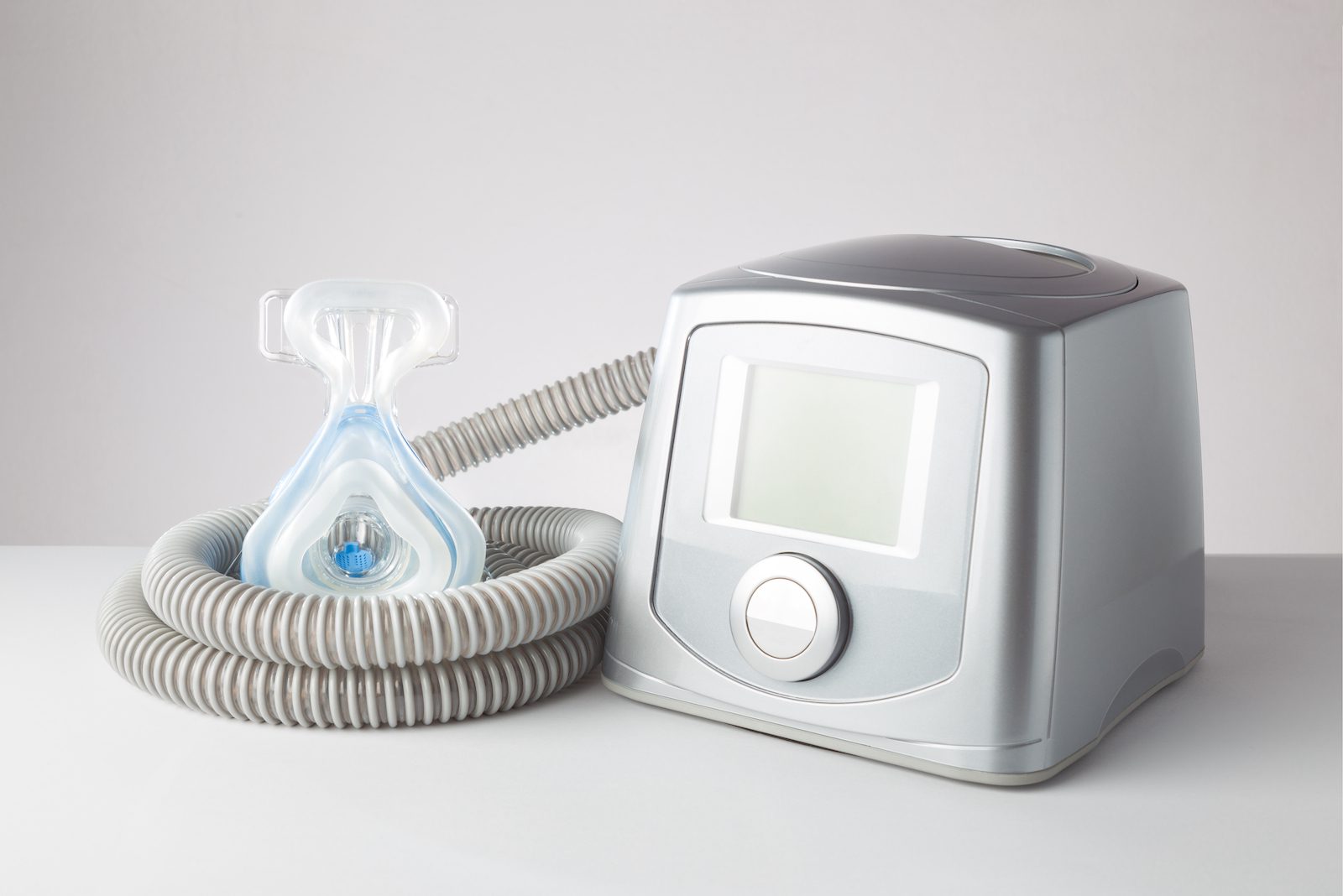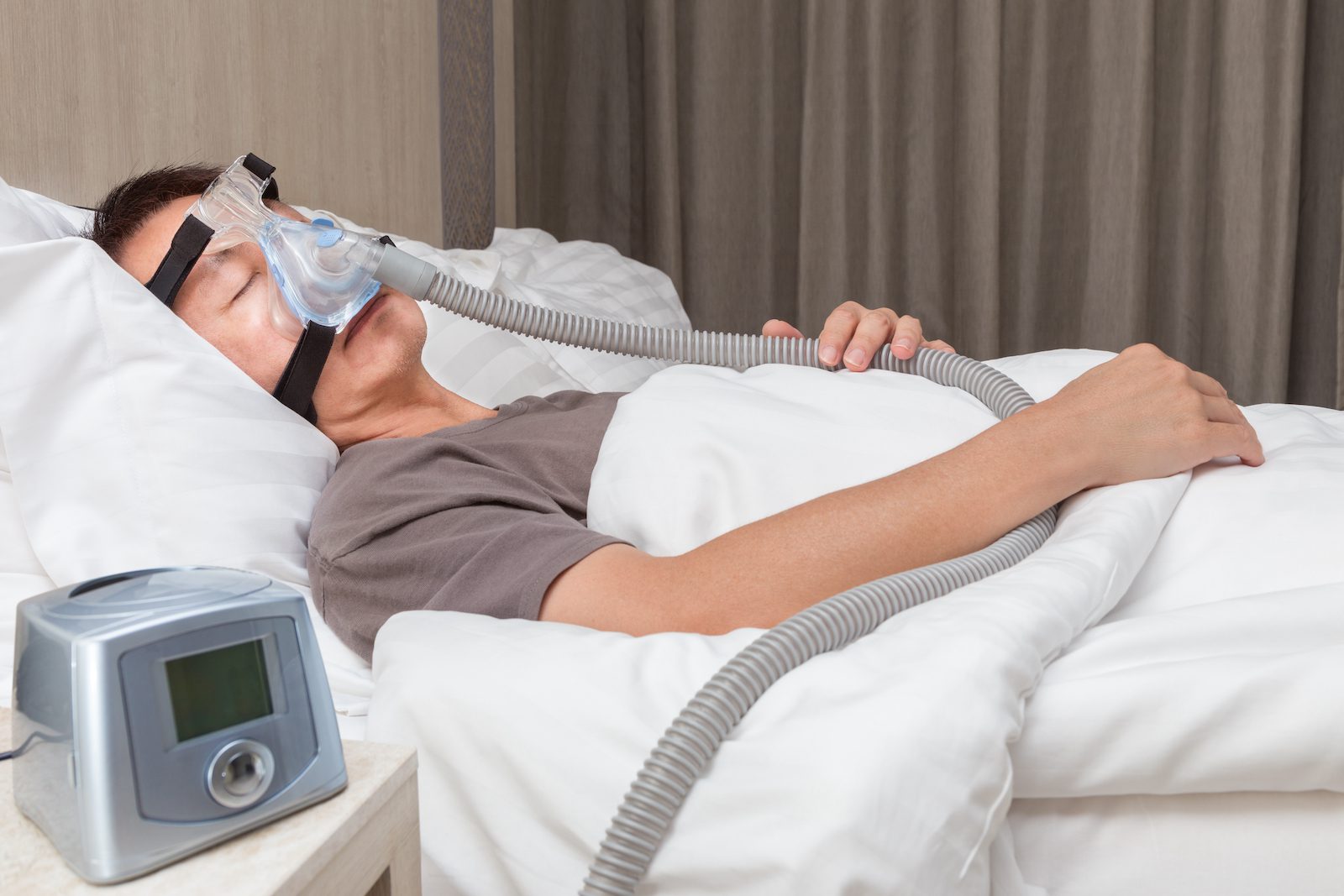Sleep apnea is a medical condition caused by frequent or prolonged disruptions in breathing during sleep. One of the most common ways to treat sleep apnea is with a continuous positive airway pressure – or CPAP – device. All CPAP devices require a prescription from a sleep specialist or other licensed health care provider. We explore what you need to know about prescription CPAP devices.
Why You Need a Prescription for a CPAP Machine
Sleep apnea is a medical condition that requires evaluation and proper management. Like most medical treatments, you need a prescription to get a CPAP device. These machines, as well as CPAP masks and humidifiers, are tailored for your specific needs. Only a doctor familiar with your history can prescribe the appropriate machine settings.
The U.S. Food and Drug Administration classifies medical devices based on their potential risks. CPAP devices are classified as Class II, or moderate to high risk. Class II medical devices require less regulation than Class III devices, but still need a prescription to rent or purchase.
Doctors consider the severity of sleep apnea, your comfort and CPAP tolerance, and pre-existing health conditions before prescribing CPAP. They also provide guidance on how to use the CPAP machine correctly and effectively, including mask fitting, maintenance, and CPAP system troubleshooting.
Most insurance policies and durable medical equipment suppliers require a prescription to validate your need for the device. For that reason, having a prescription enables insurance coverage or reimbursement for the CPAP machine and its supplies.
Besides the main CPAP unit, certain components of PAP therapy also require a prescription. Your doctor will determine which type of mask is best for you and prescribe the best type of humidifier for your comfort and symptoms. Accessories such as water chambers, tubing, chin straps, and filters can be purchased without a medical order.
How Do You Get a Prescription for a CPAP Machine?
If you believe you may have sleep apnea, it is important to talk to a healthcare provider. Your primary care doctor or a sleep specialist can discuss your symptoms, order tests, and prescribe CPAP therapy if necessary.
History & Physical Exam
To diagnose sleep apnea, a qualified provider will first look at your medical history and sleep patterns, and identify patterns of sleep-disordered breathing.
During a physical exam, your doctor will evaluate your overall health, as well as more specific indicators of sleep apnea and its causes.
- High blood pressure: Although less common than snoring or sleepiness, an increase in blood pressure could indicate complications of untreated sleep apnea.
- Increased weight: Having obesity is a risk factor for developing obstructive sleep apnea. Your provider may track your weight and note increases in your neck or waist size that could contribute to airway blockage.
- Airway obstructions: Your doctor will look for features in your mouth and nose that could cause a partial blockage. A large tongue, narrow palate, small jaw, or swollen tonsils and adenoids can make breathing more difficult when lying down.
- Infection: Particularly in infants, infection and inflammation of the nose and throat might obstruct airflow.
Ordering a Sleep Study
Once your doctor has completed an evaluation, the next step in diagnosing sleep apnea is a sleep study. This test is performed overnight either in a dedicated sleep lab or at-home with a monitoring device.
Sleep studies are used to assess the quality of your sleep and any overnight breathing disruptions. Equipment is attached to your head, face, neck, chest, fingers, and legs. While you sleep, devices monitor your heart and brain activity, breathing effort, snoring, oxygen levels, and muscle movements.
In a sleep lab setting, a technologist will be nearby to record your sleeping activity and monitor your vital signs. Home sleep apnea testing, on the other hand, does not require a sleep technician and can be completed with portable equipment. Once testing is complete, a sleep specialist will interpret the results to determine the type and severity of sleep apnea.
What is The Best Type of CPAP Therapy?
The best type of CPAP therapy varies from one person to another. During your sleep study, the specialist will test different CPAP device settings and equipment to find the most appropriate solution for you. A doctor should take into account your sleeping position, comfort, face shape, and other medical conditions when deciding on a machine and accessories.
Your provider may make specific recommendations for CPAP therapy.
- Pressure settings: Some sleepers tolerate a constant, fixed pressure setting overnight, while others may require a device that gently increases airway pressure as they fall asleep.
- Humidification: Depending on the air quality in your environment, humidified air may be necessary to prevent dryness and irritation.
- Mask type: Your sleeping position and comfort level are most important when choosing among a full-face, nasal, nasal pillow, or oral mask. A good-fitting CPAP mask will have minimal leaks and skin irritation.
Where Do You Buy a CPAP Machine?
You can buy or rent a CPAP machine from a variety of retailers, so long as you have a valid prescription and the supplier is fully authorized to sell medical equipment.
- Online: Many online retailers offer convenient shipping and return policies. However, they may not be the best option if you need more information about the quality, materials, and fit of a product.
- Directly from manufacturers: CPAP manufacturers occasionally provide direct-to-consumer options, potentially cutting down on the price charged to you or your insurance plan.
- Brick-and-mortar stores: A salesperson at a physical location can offer insight into specific models and give you the opportunity to test the equipment in-person before buying.
- Sleep clinics: Some sleep clinics offer in-house supplies, so you can get your prescription and CPAP device in one location.
Can You Borrow a CPAP Machine?
You should avoid borrowing a CPAP device or purchasing a unit from an unauthorized reseller. CPAP machines and certain supplies require a prescription to ensure their safety and effectiveness.
Because your CPAP settings are individualized, borrowing or purchasing a used machine means you are receiving a device that is not set-up for your unique needs. Likewise, it is difficult to know how well second hand CPAP units were cleaned and maintained. Old or unclean equipment can lead to skin or respiratory infections.

